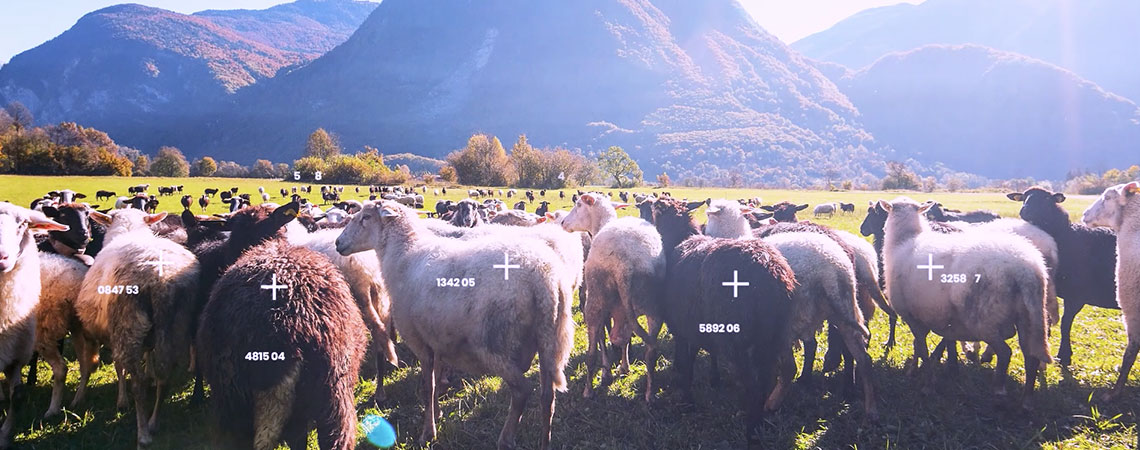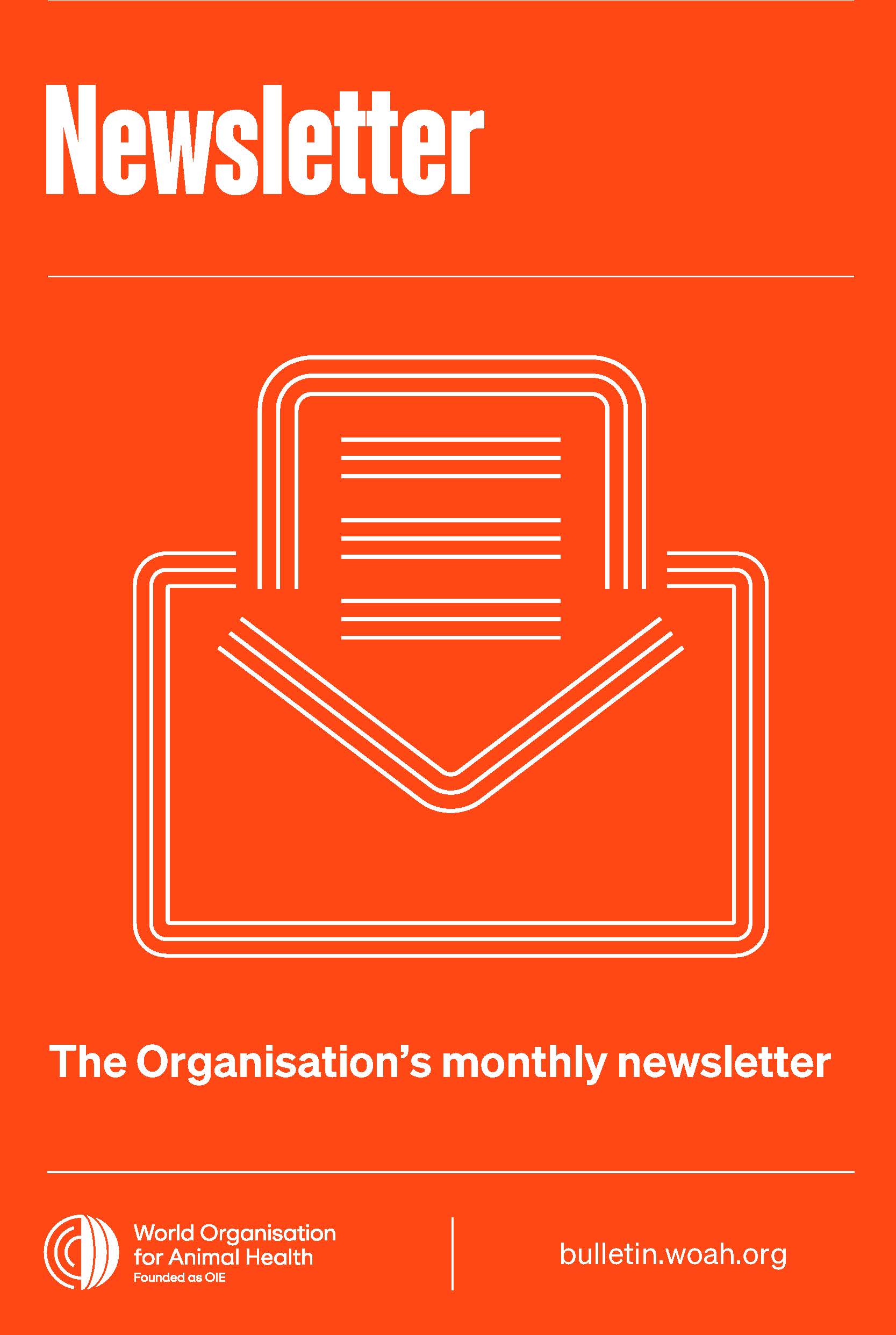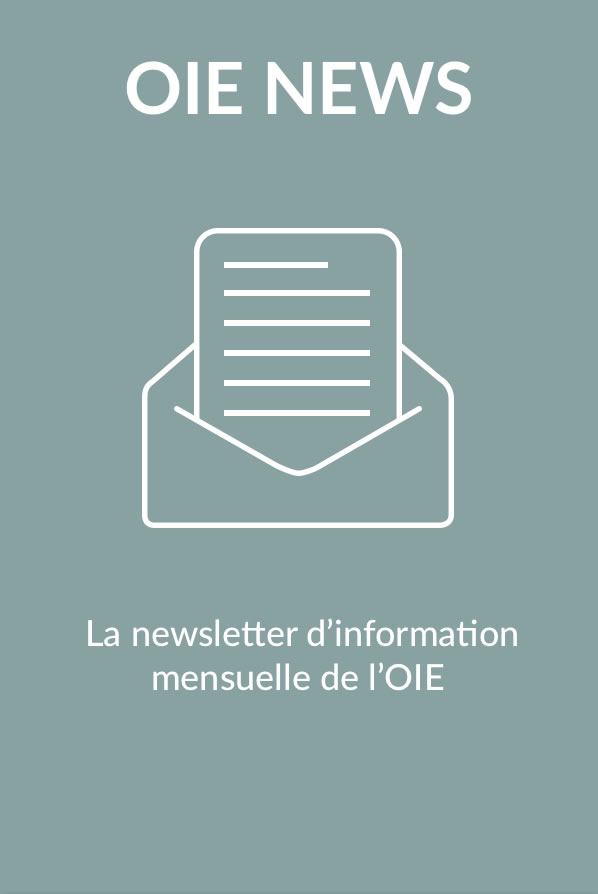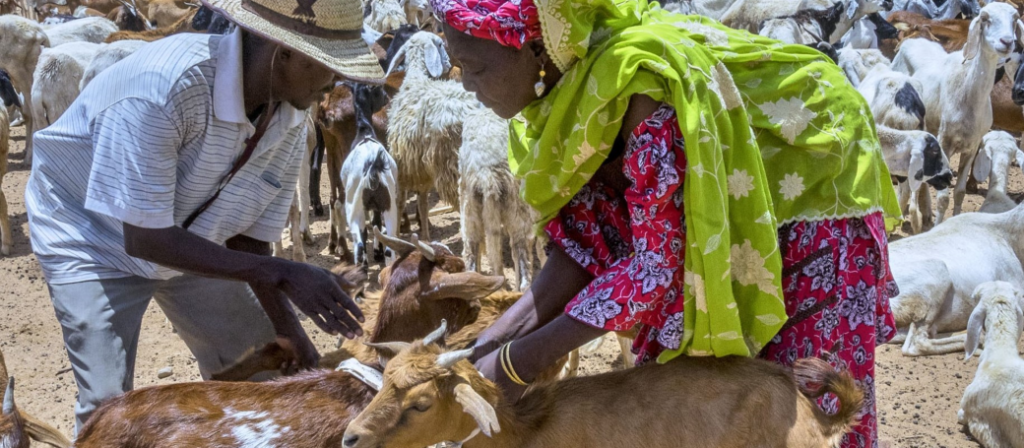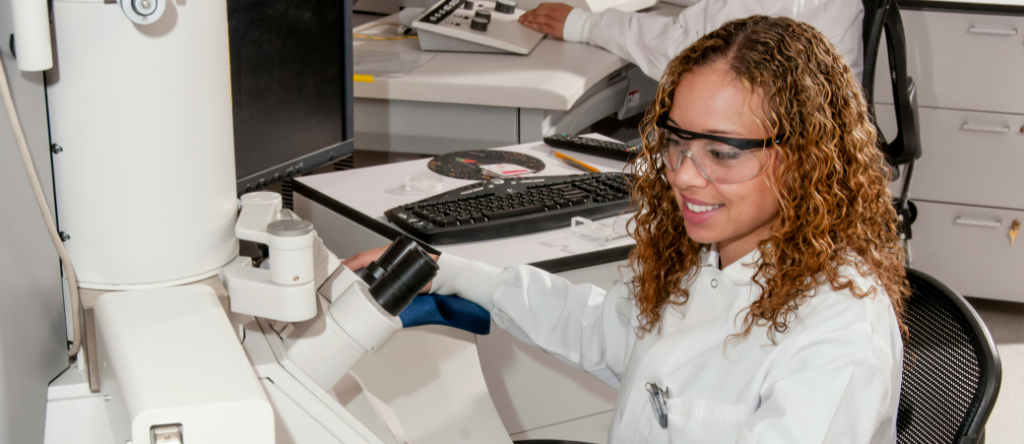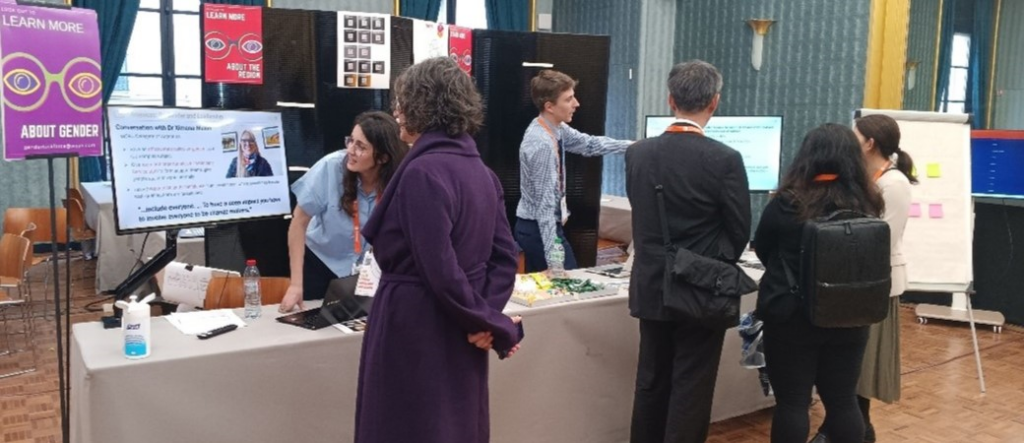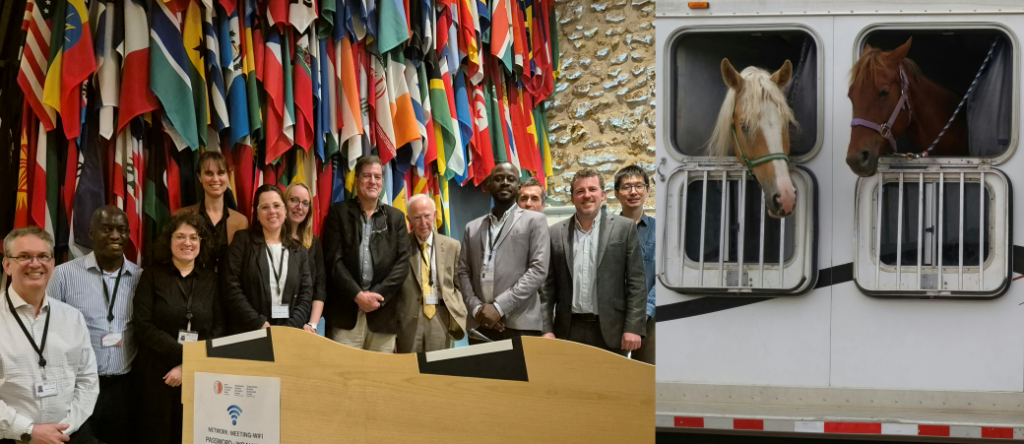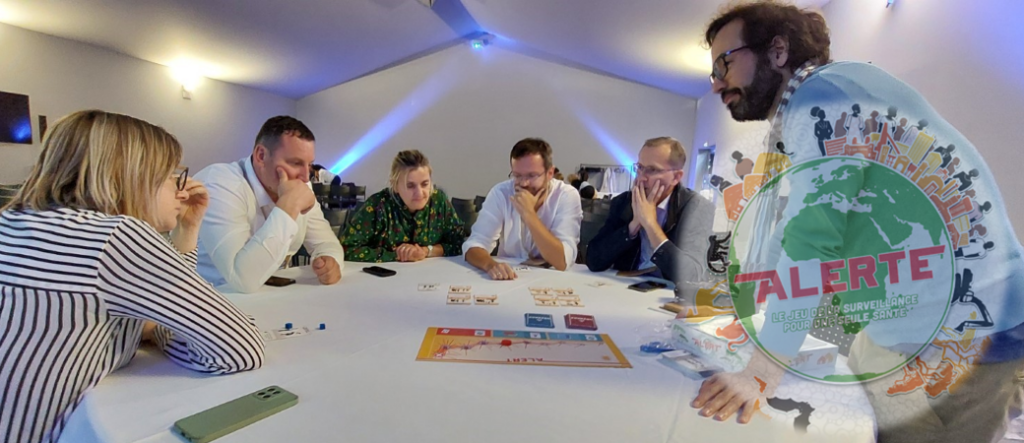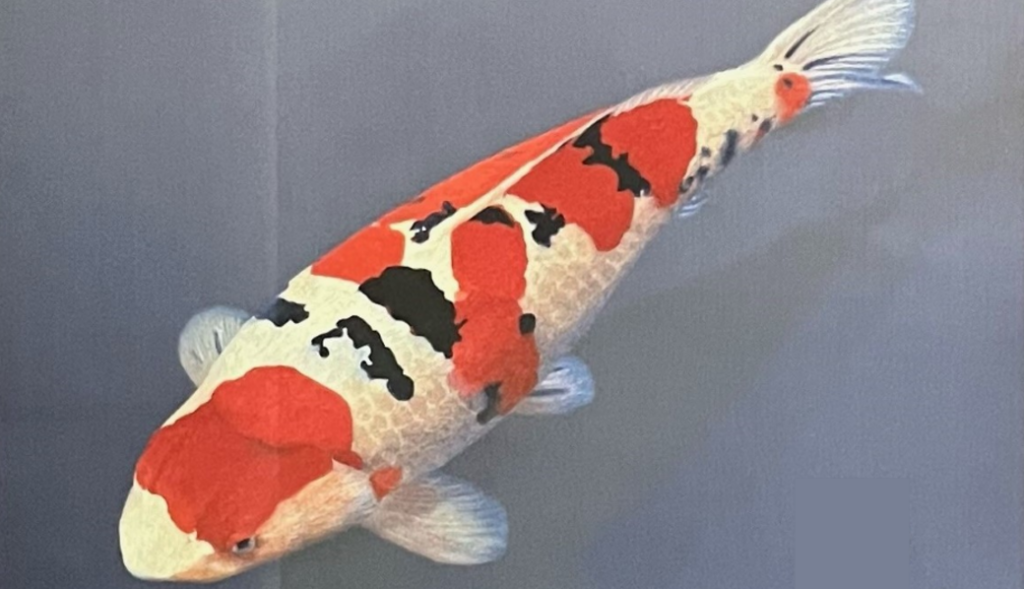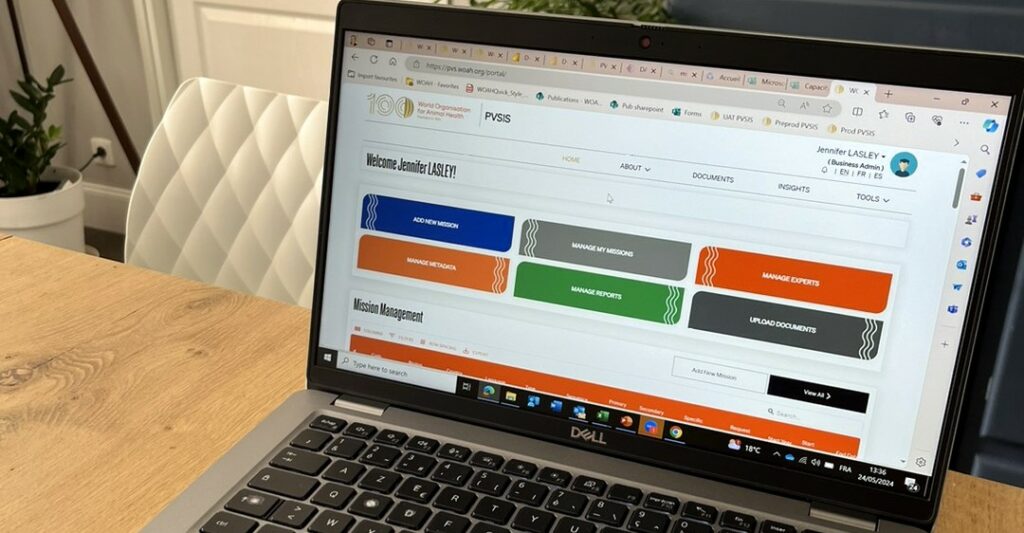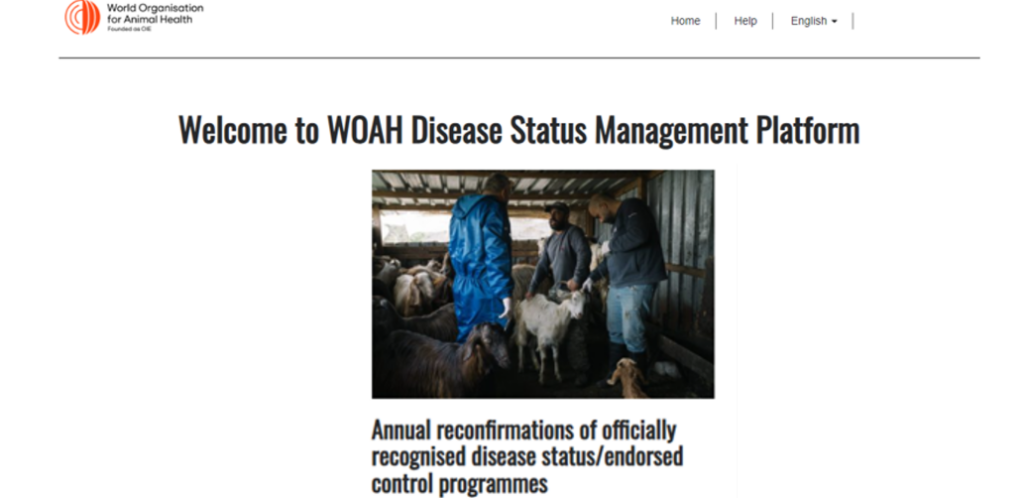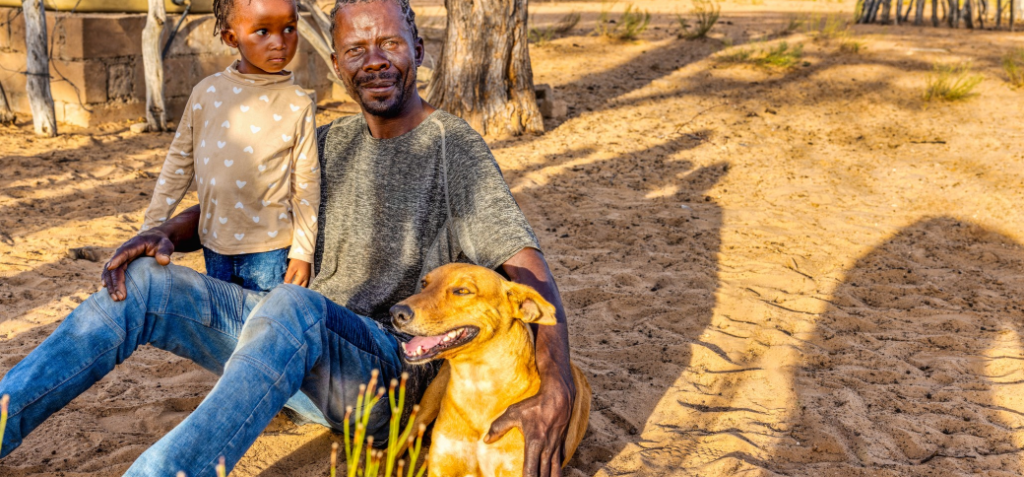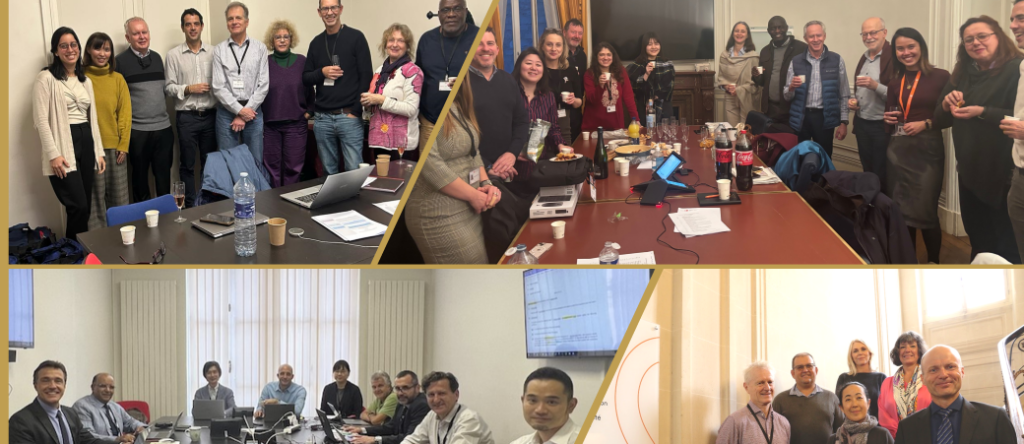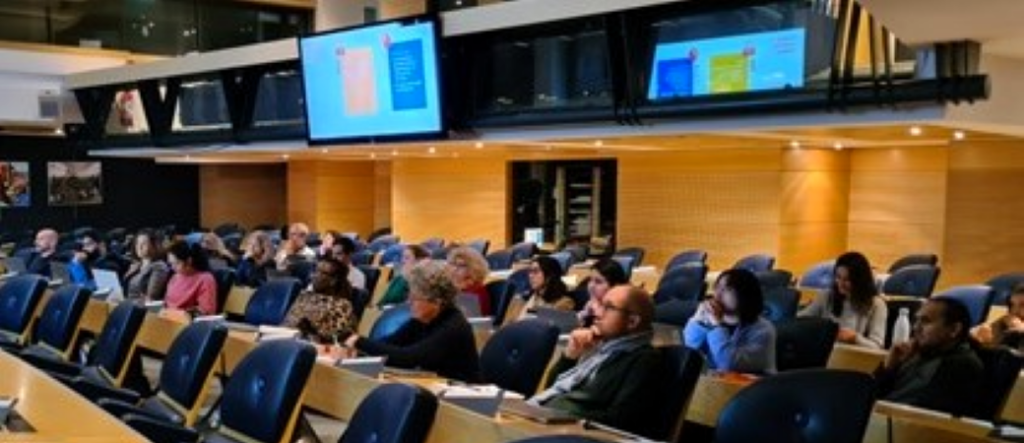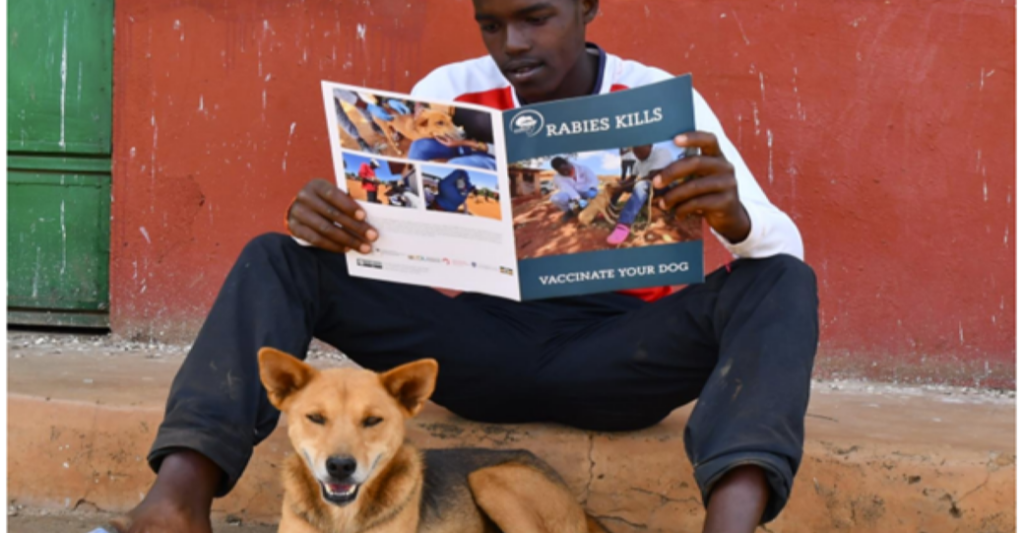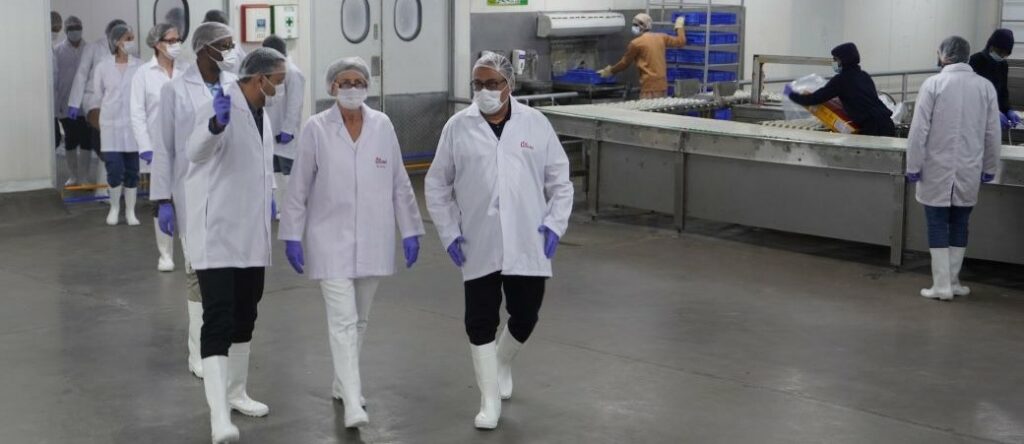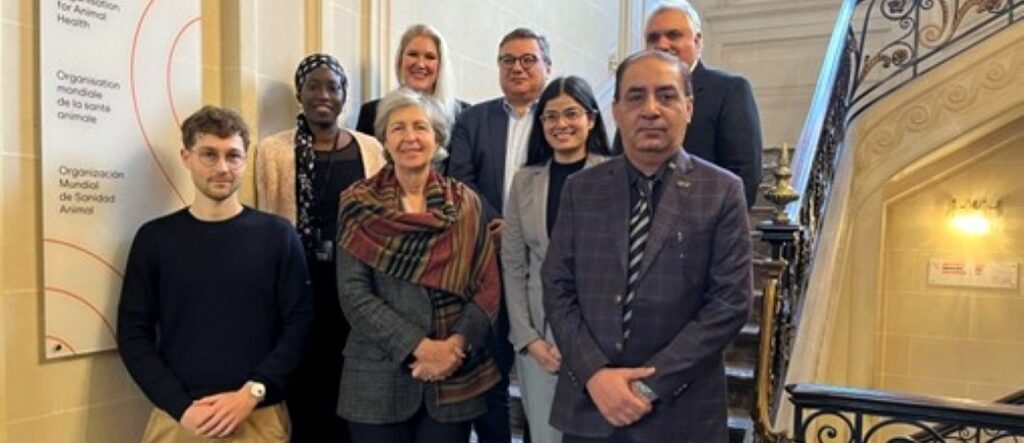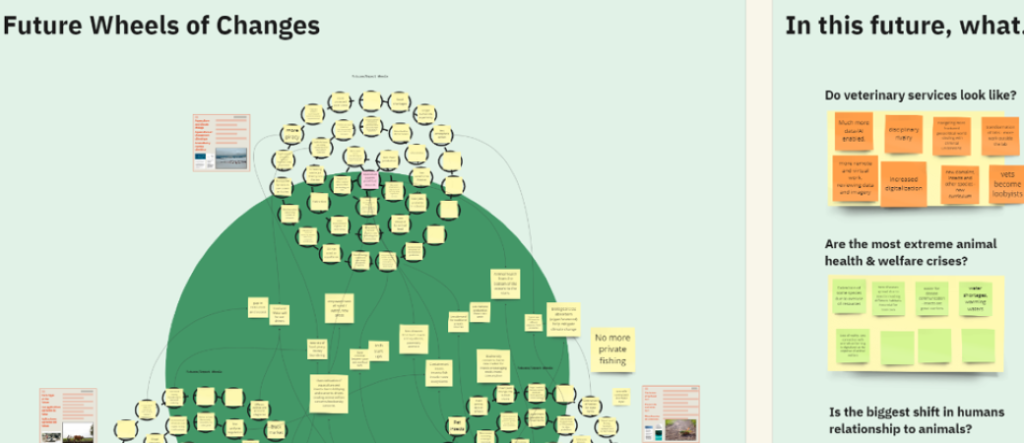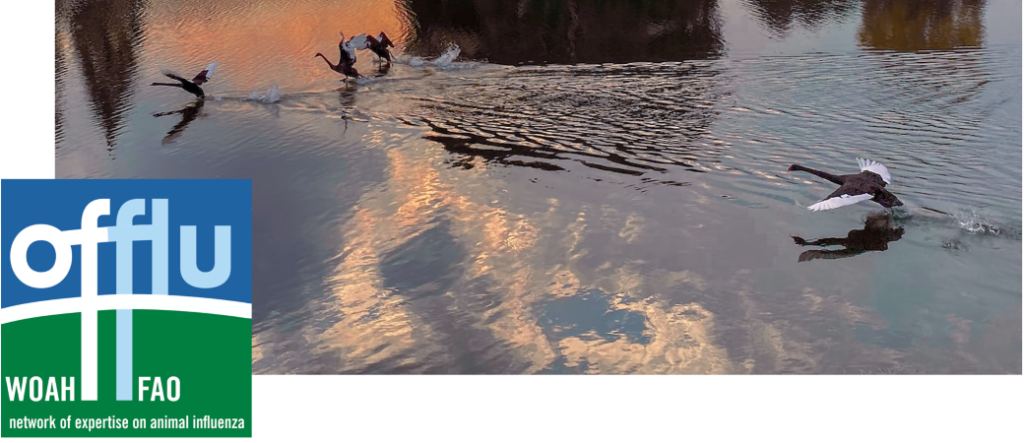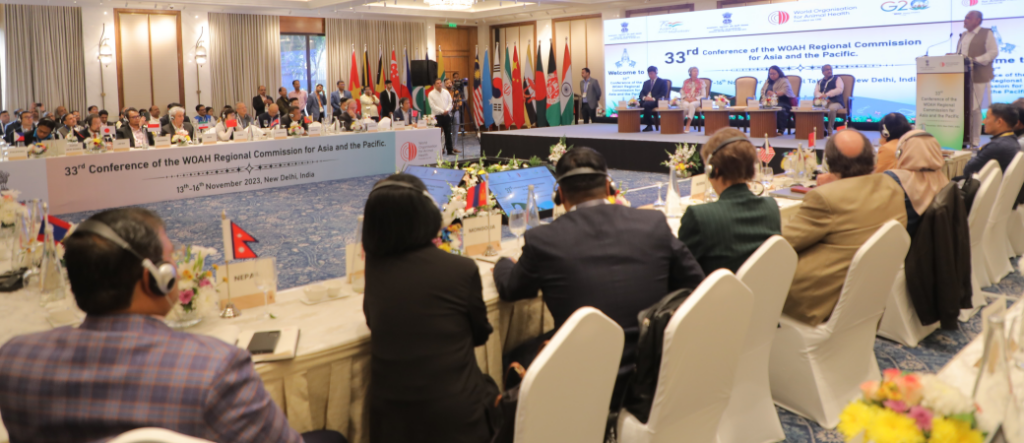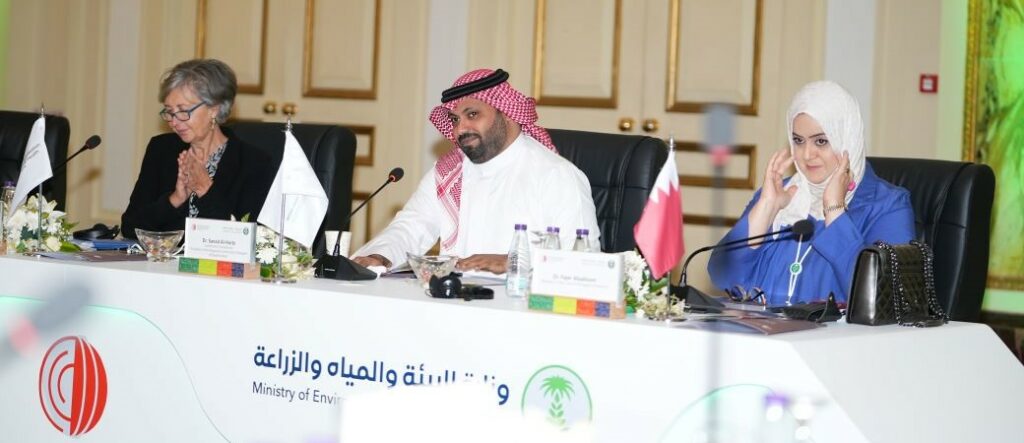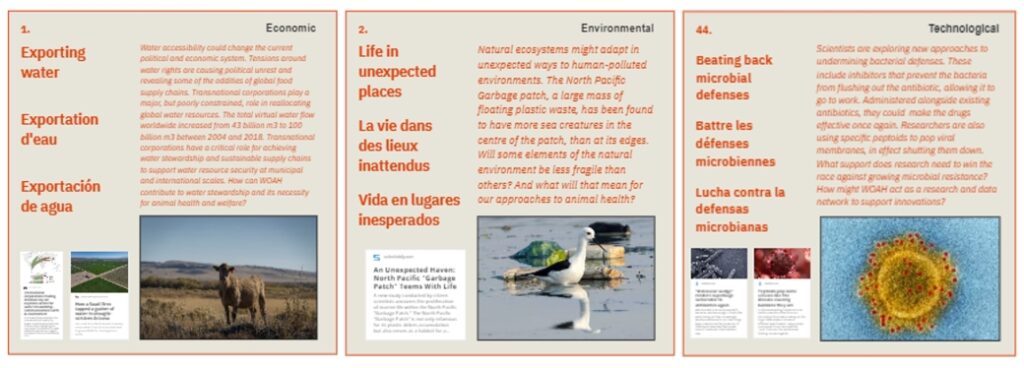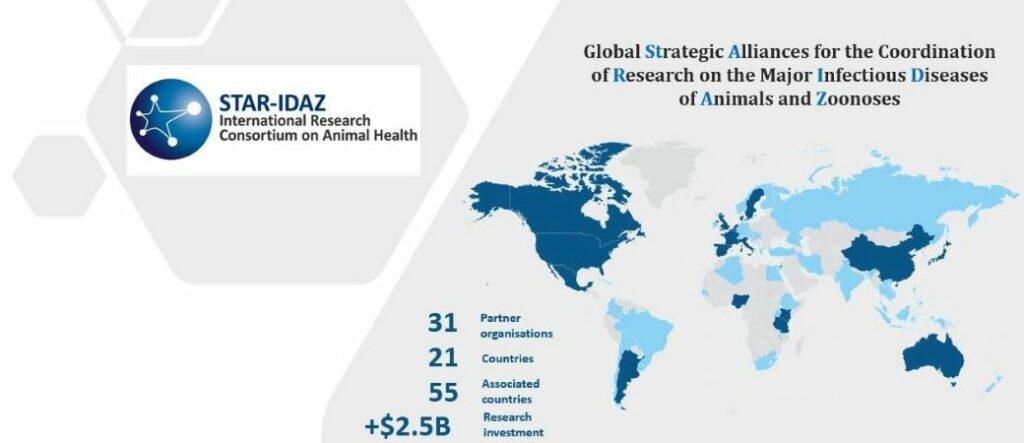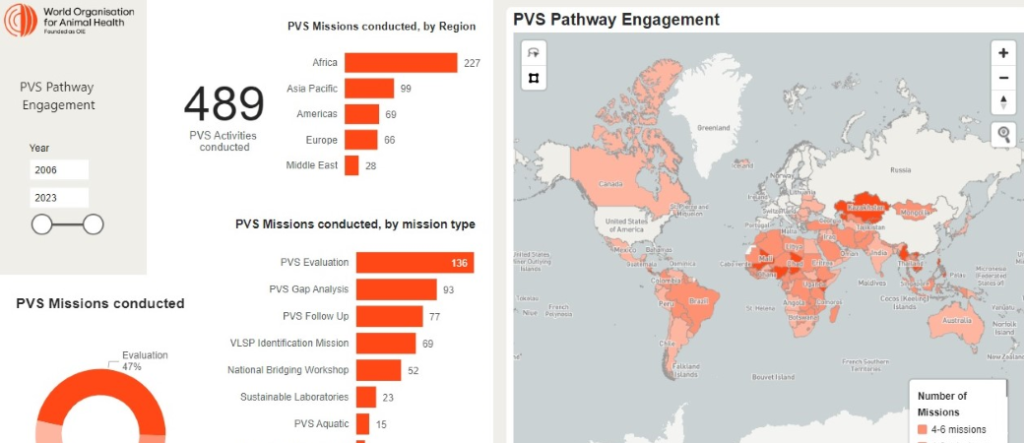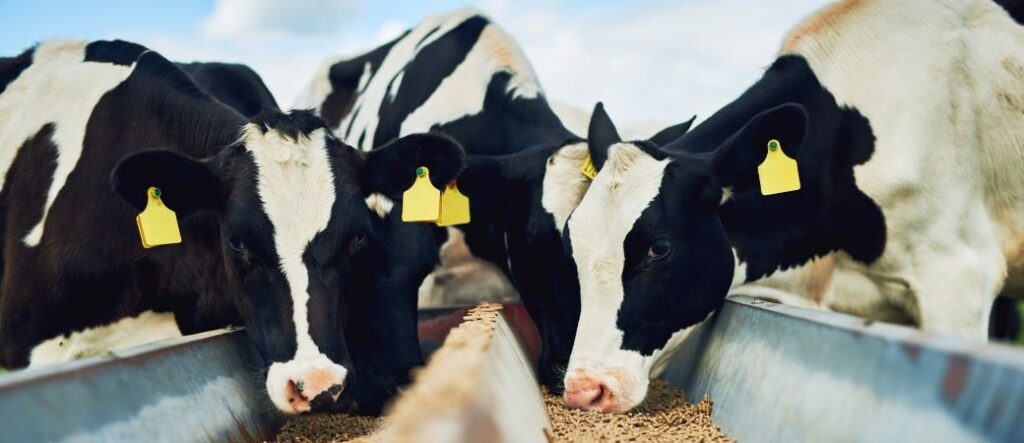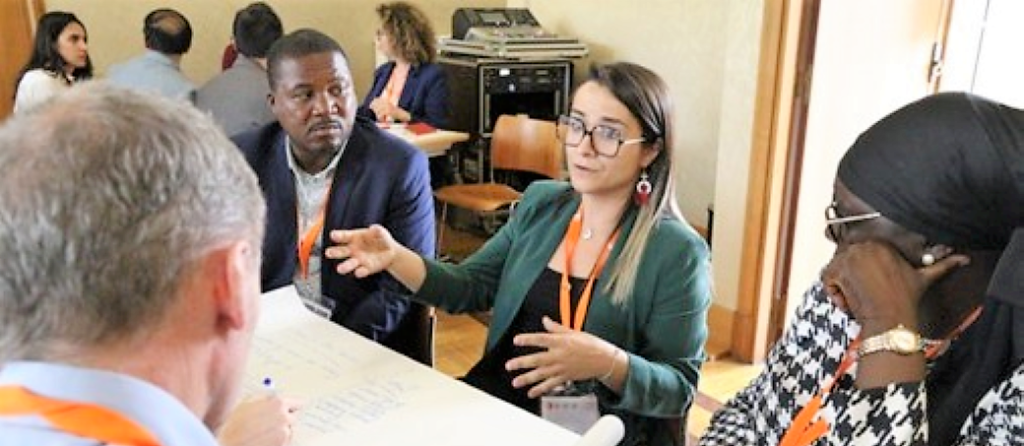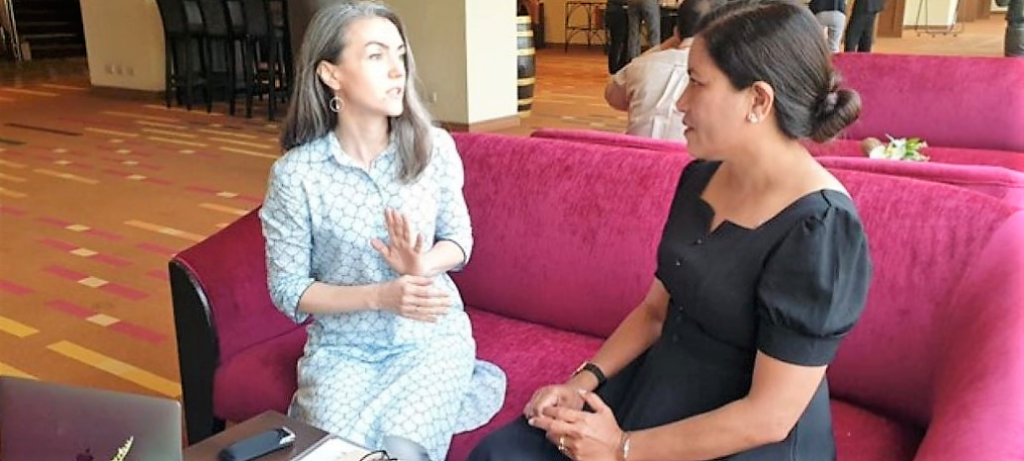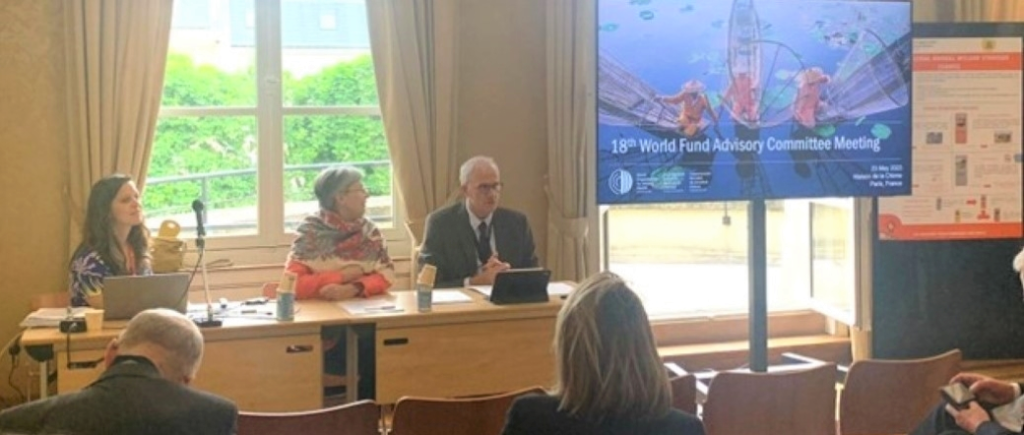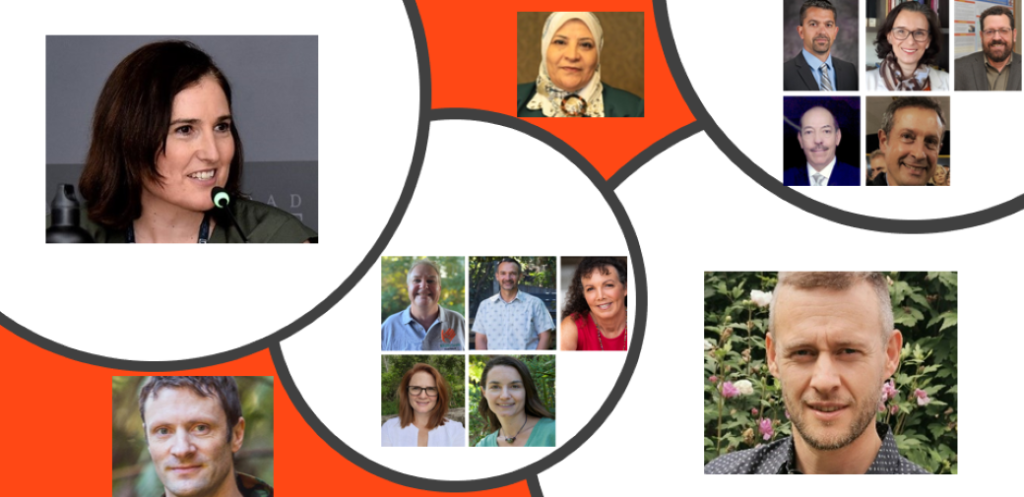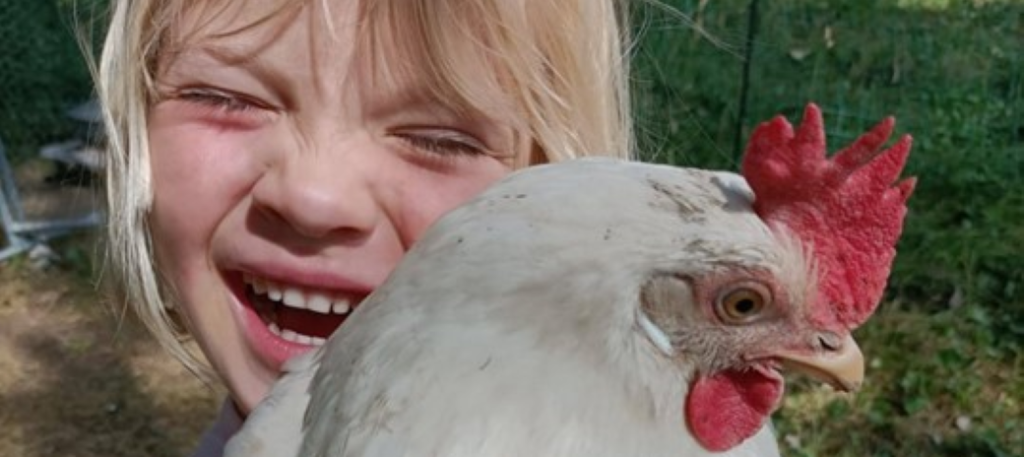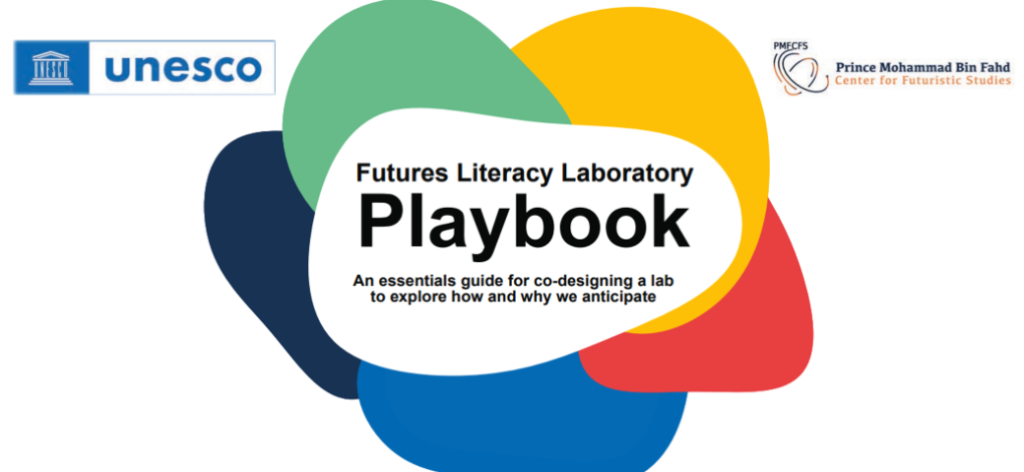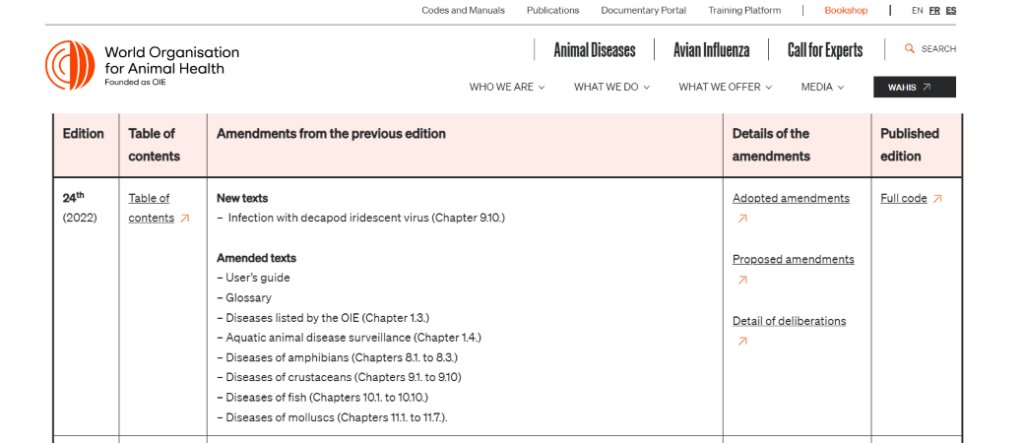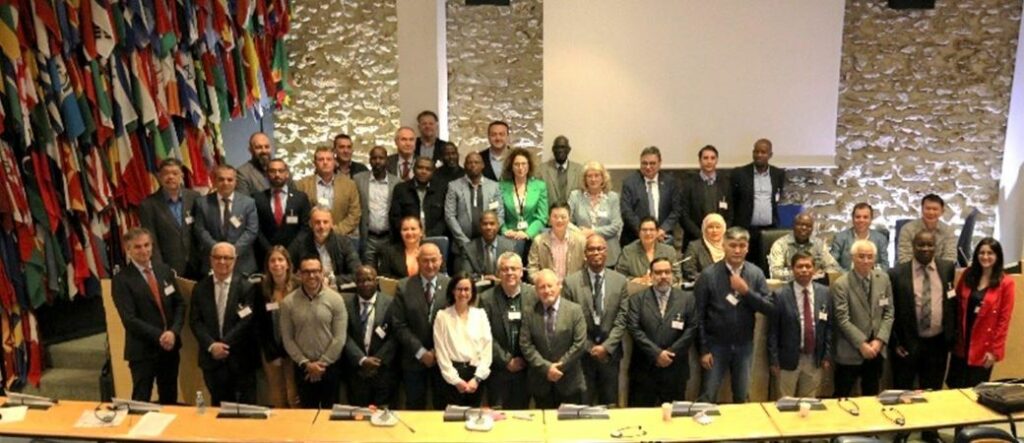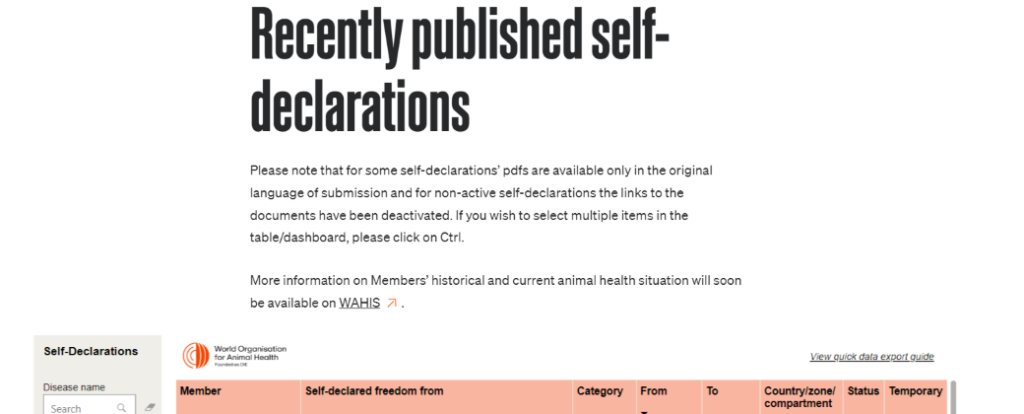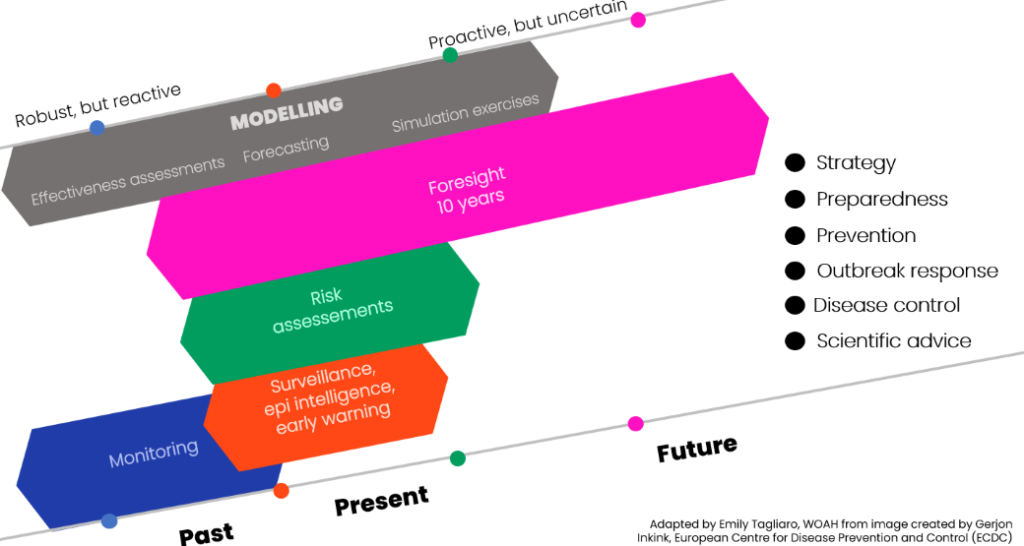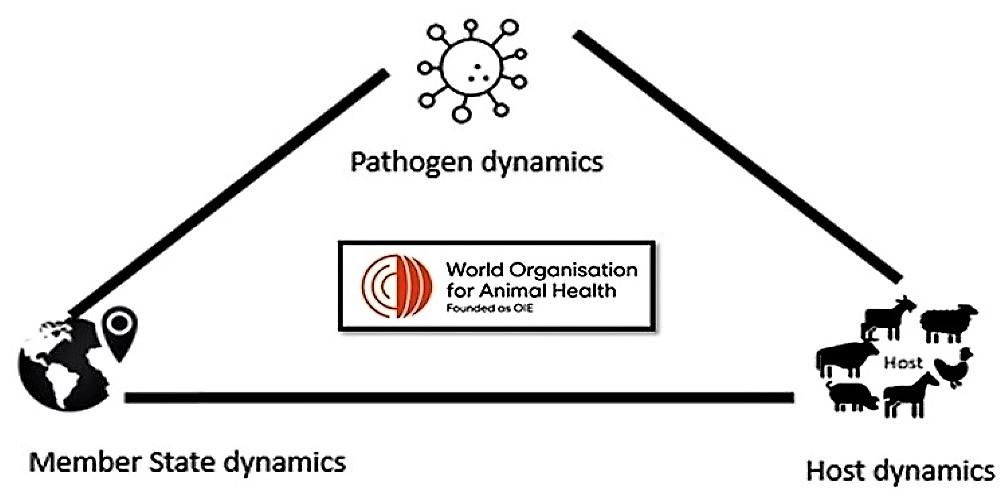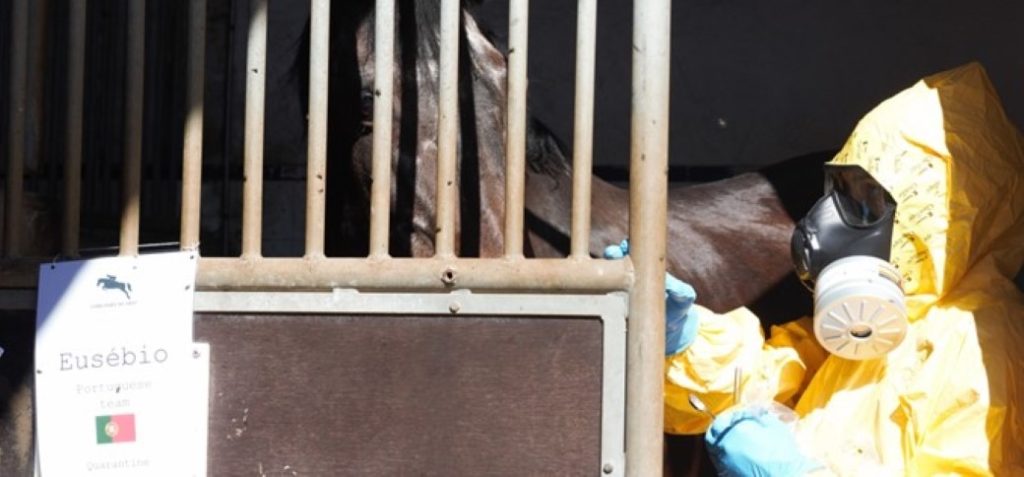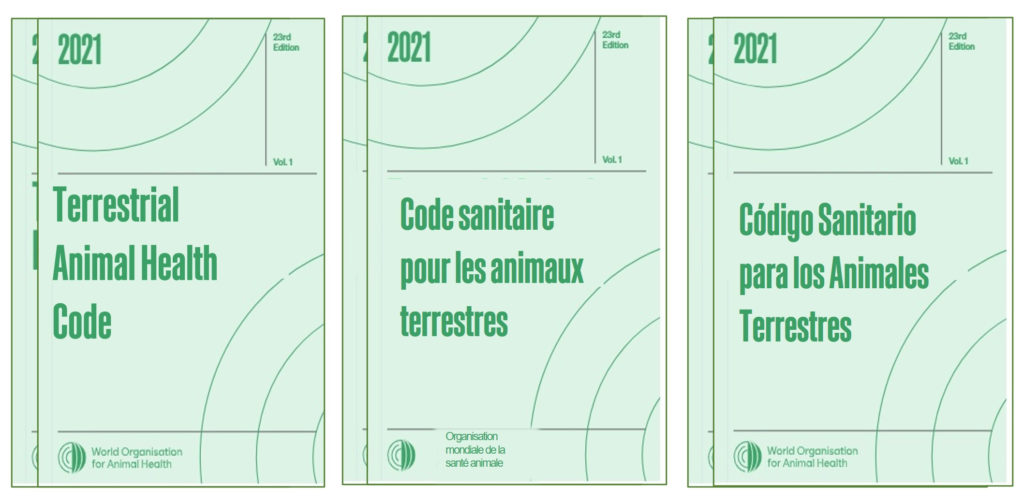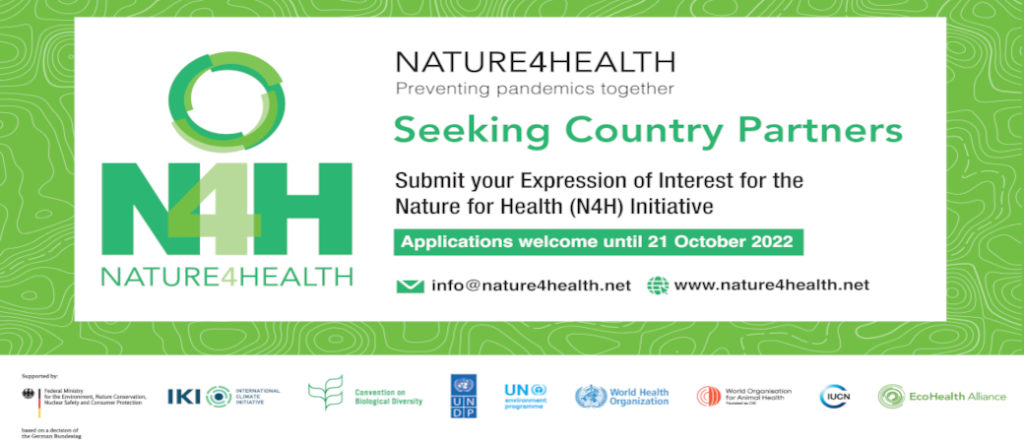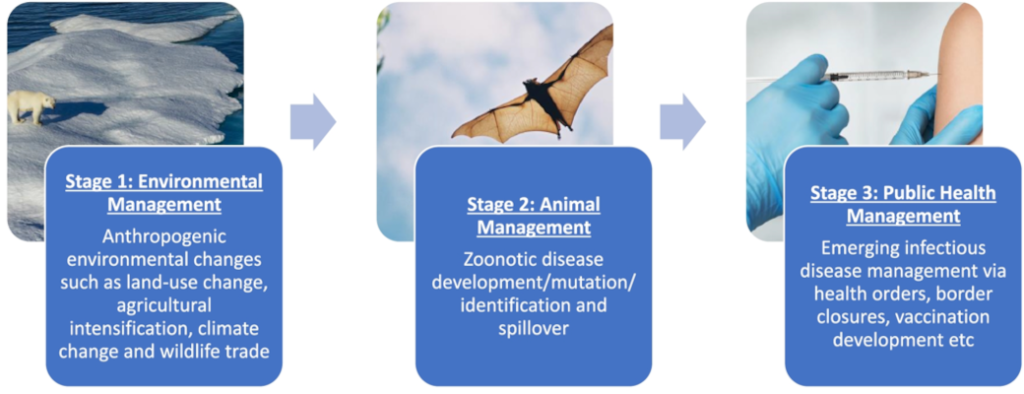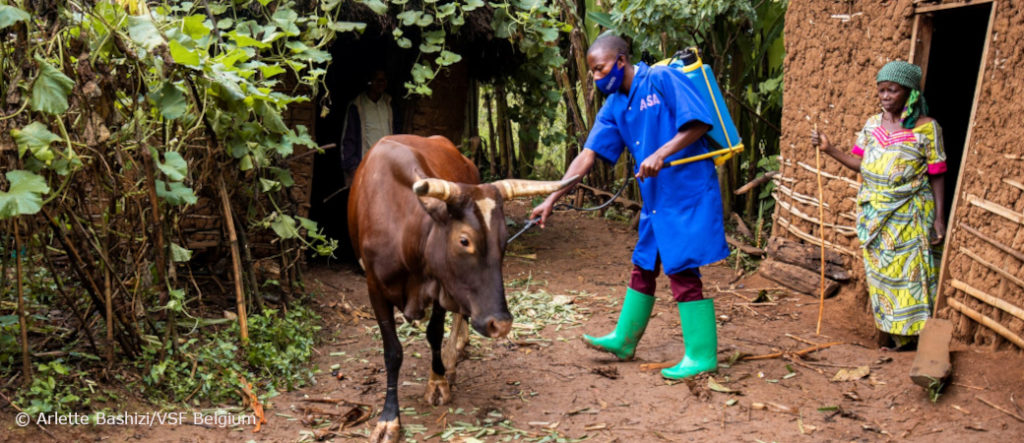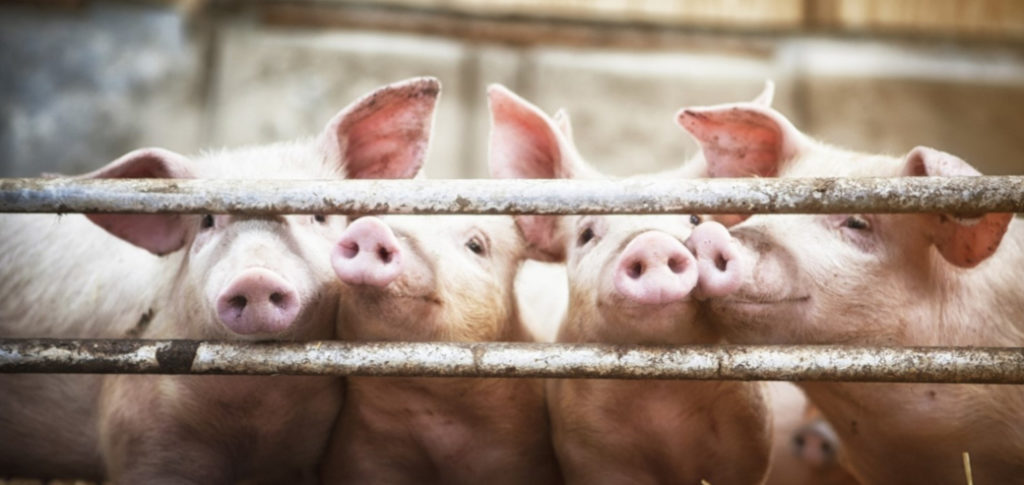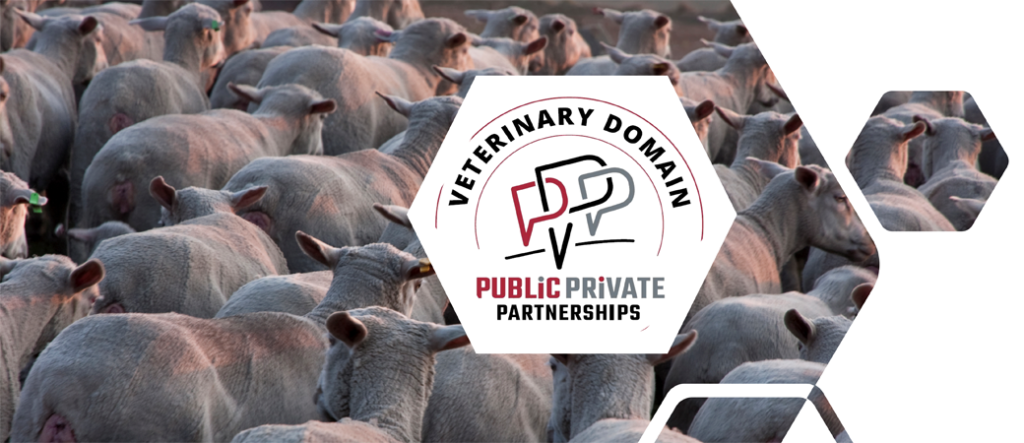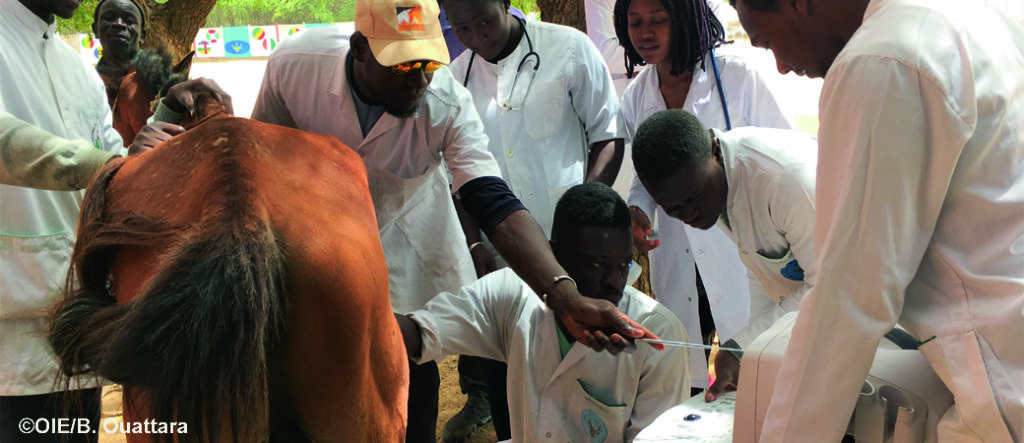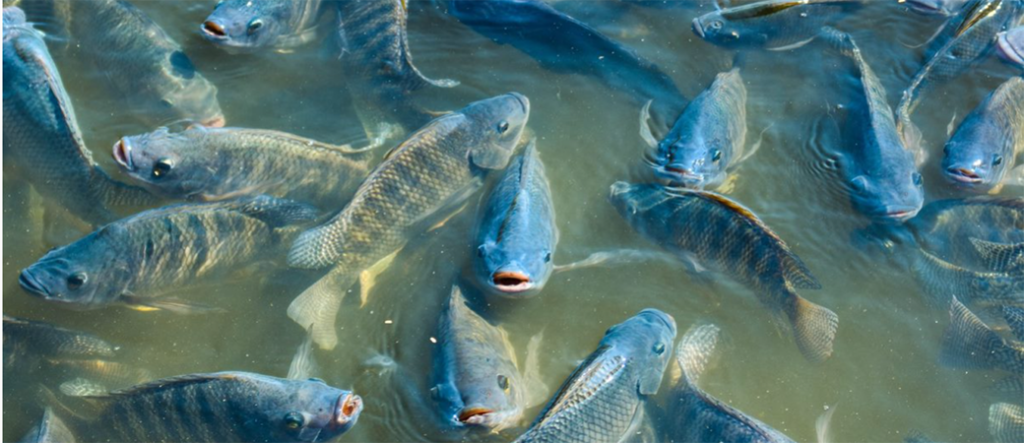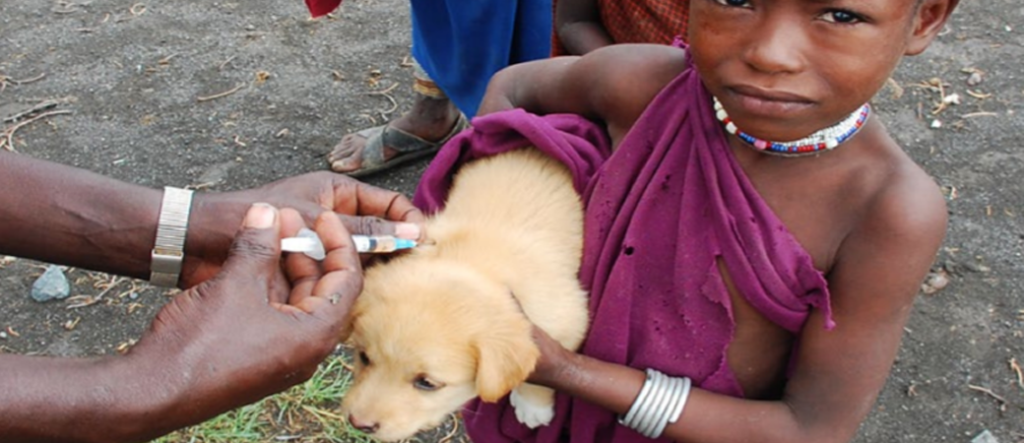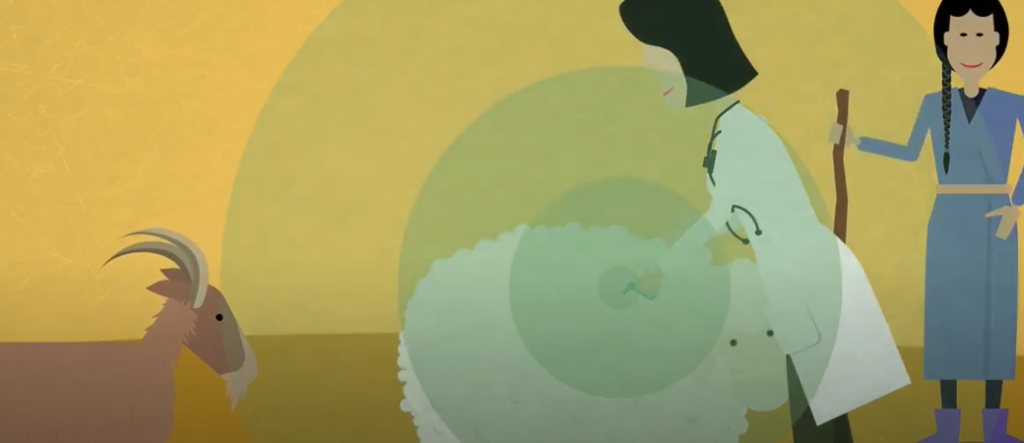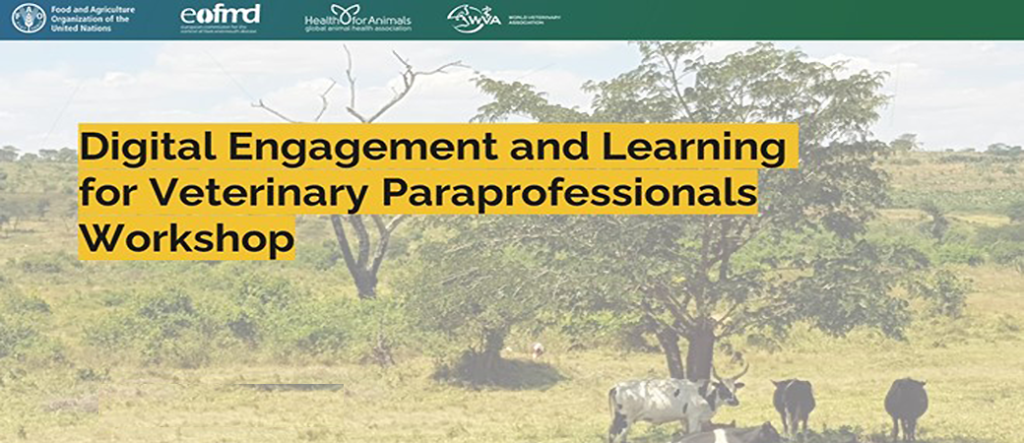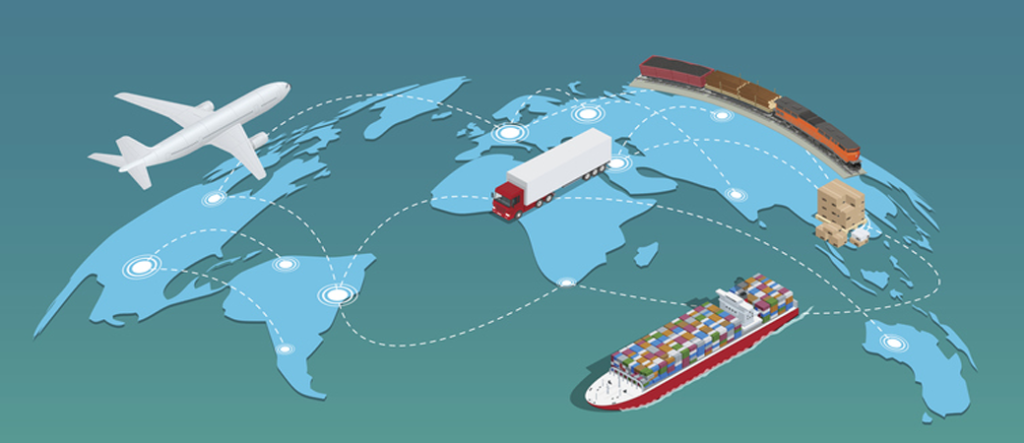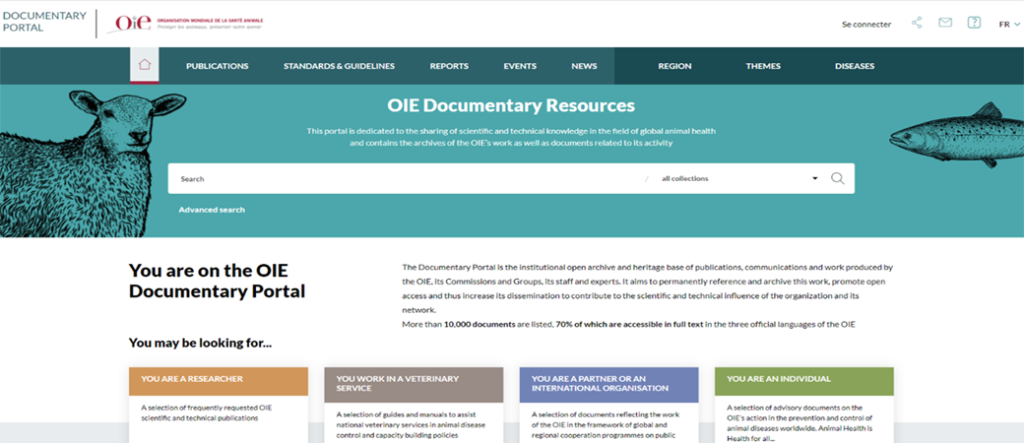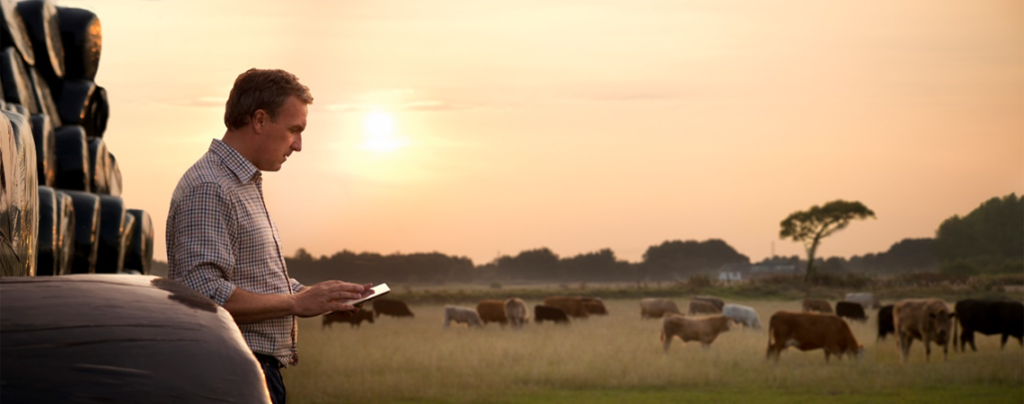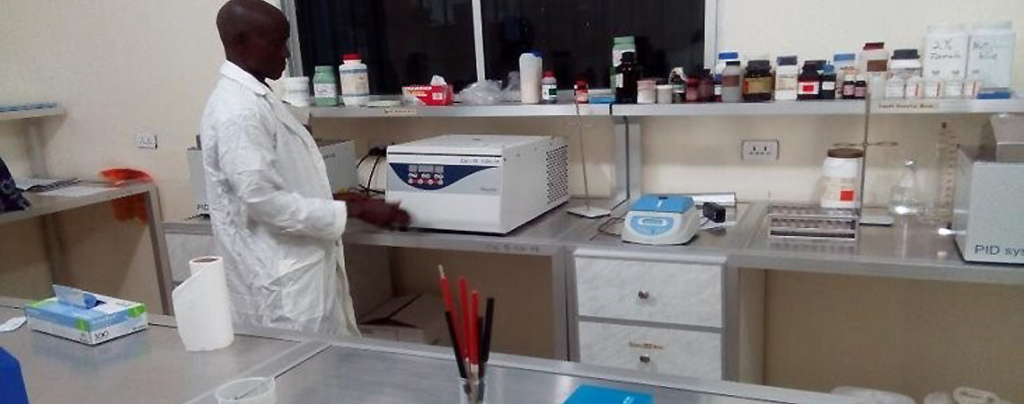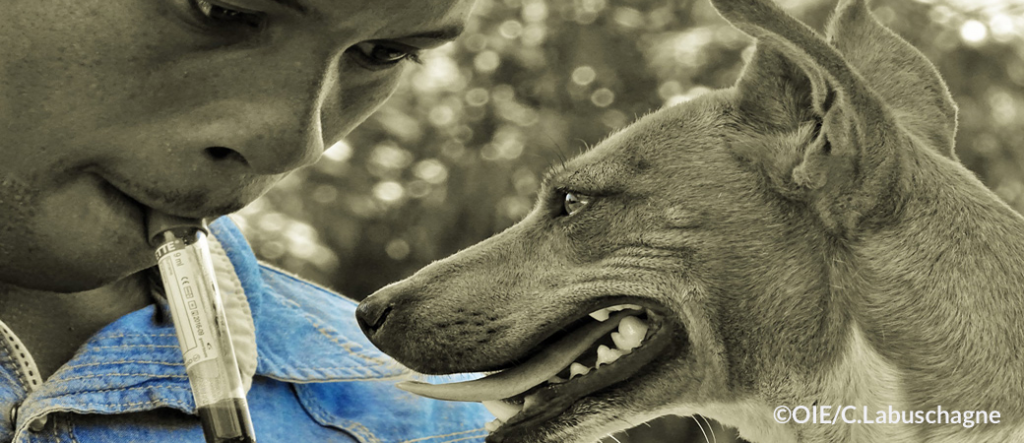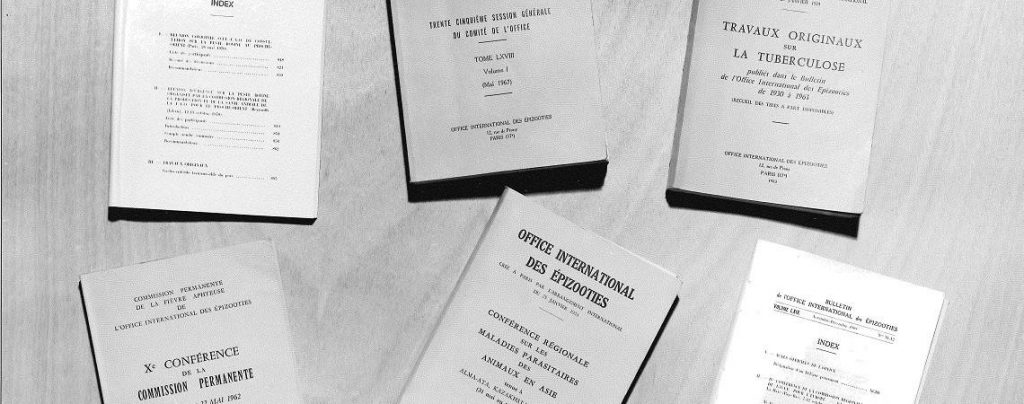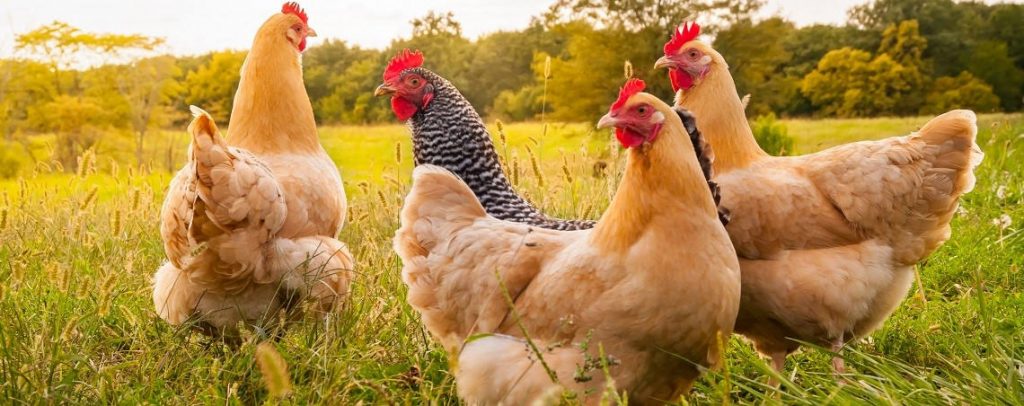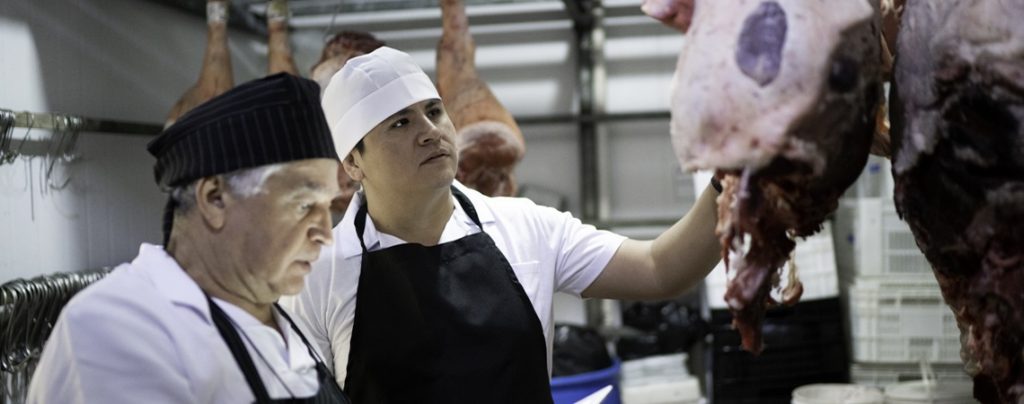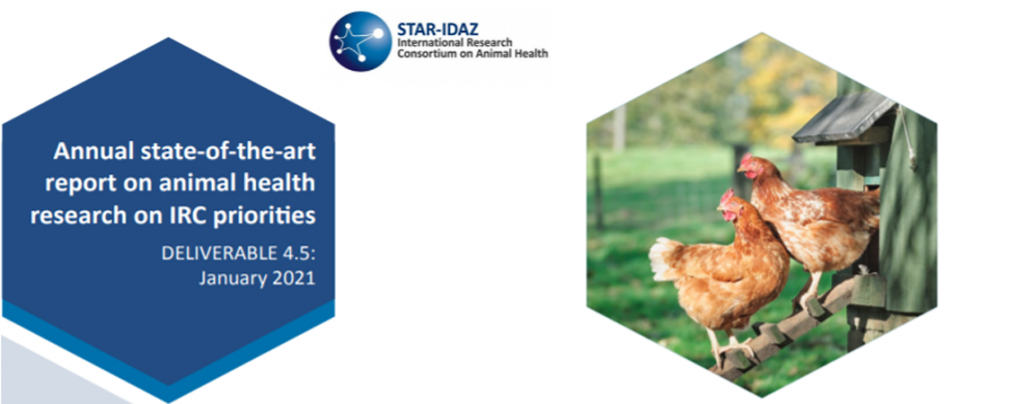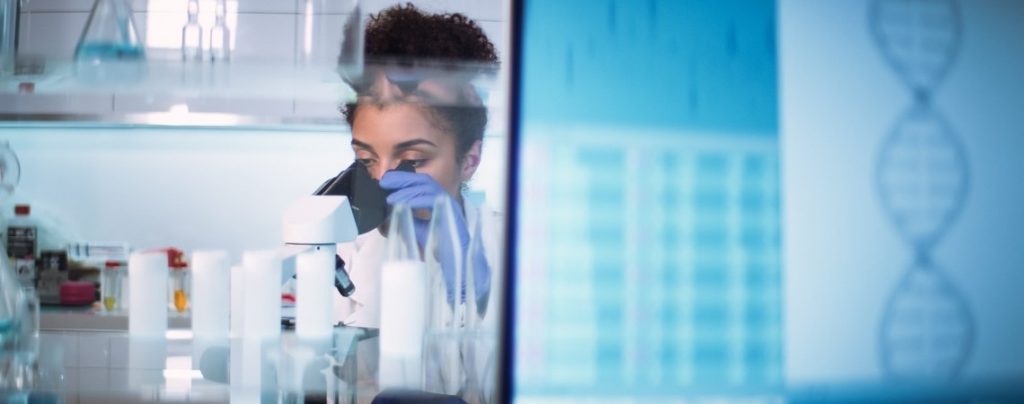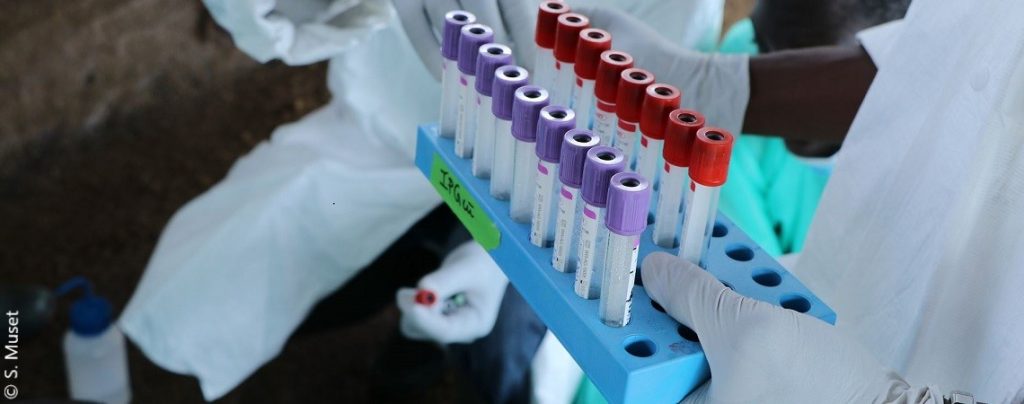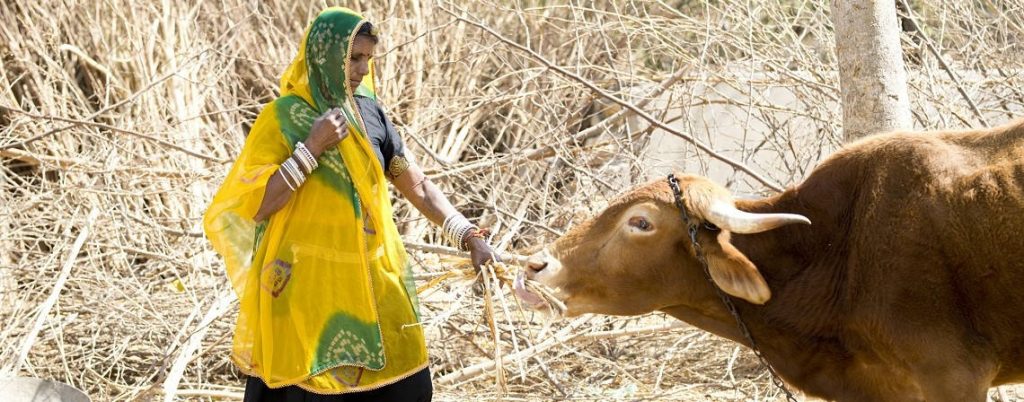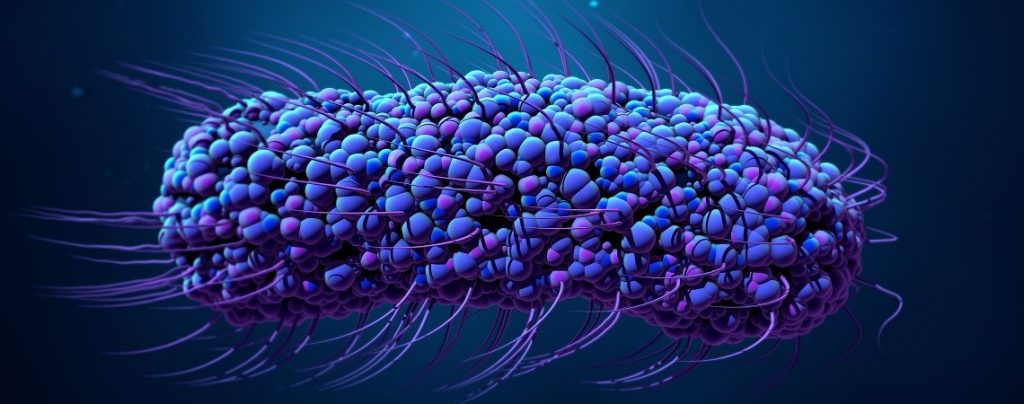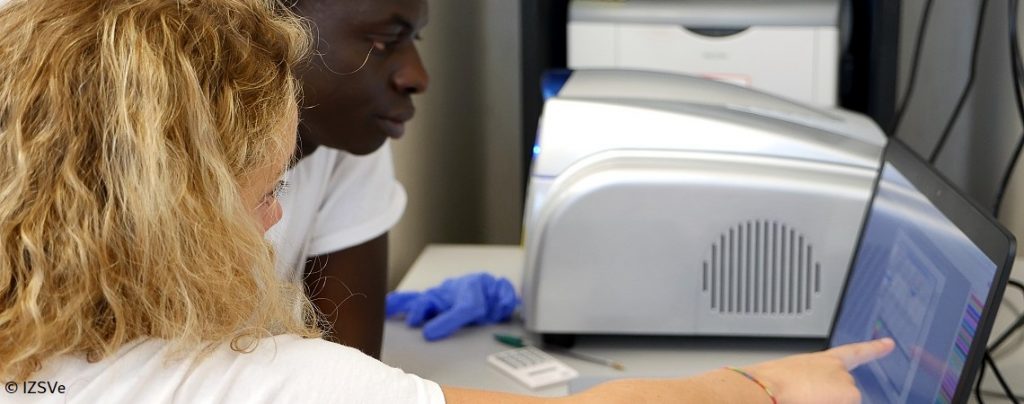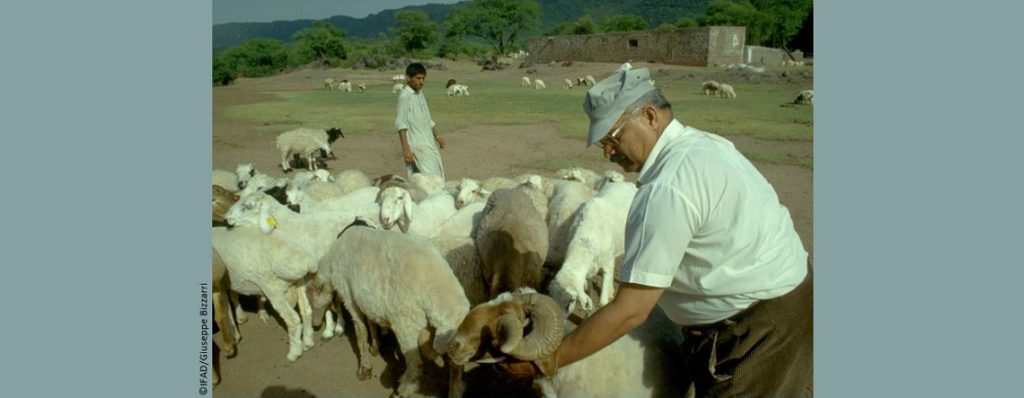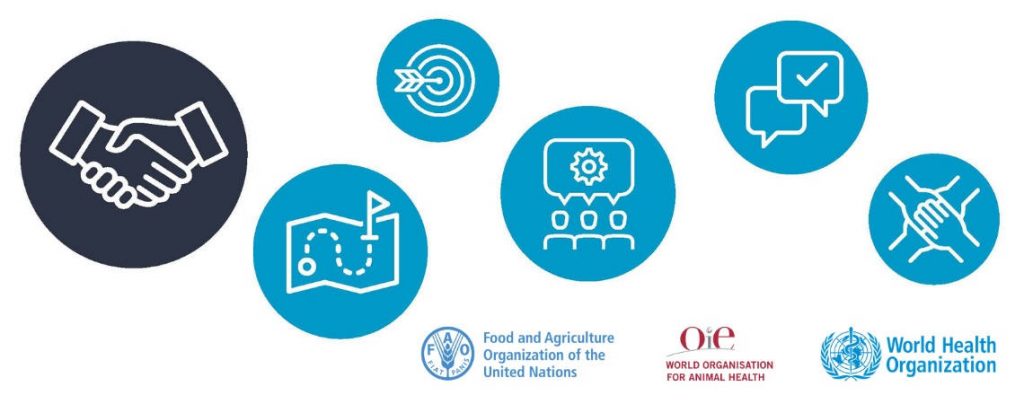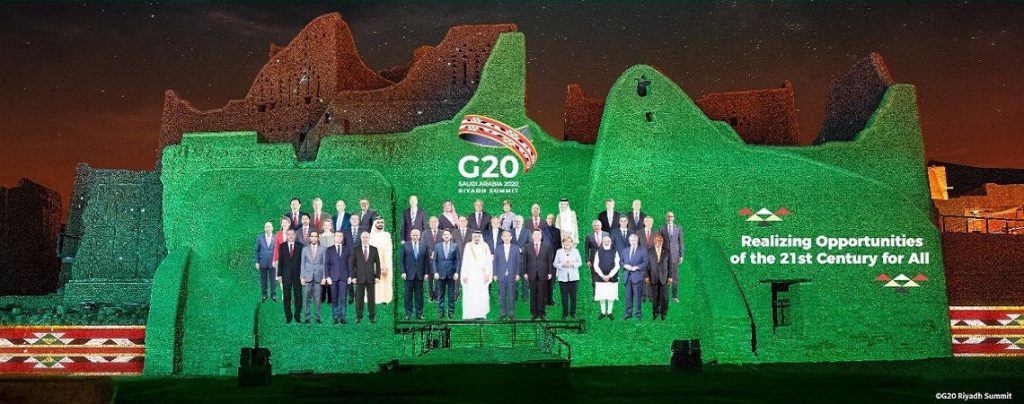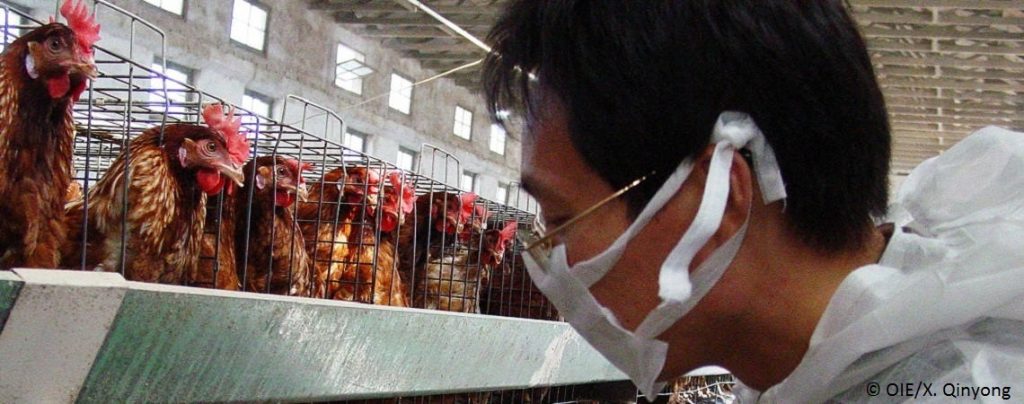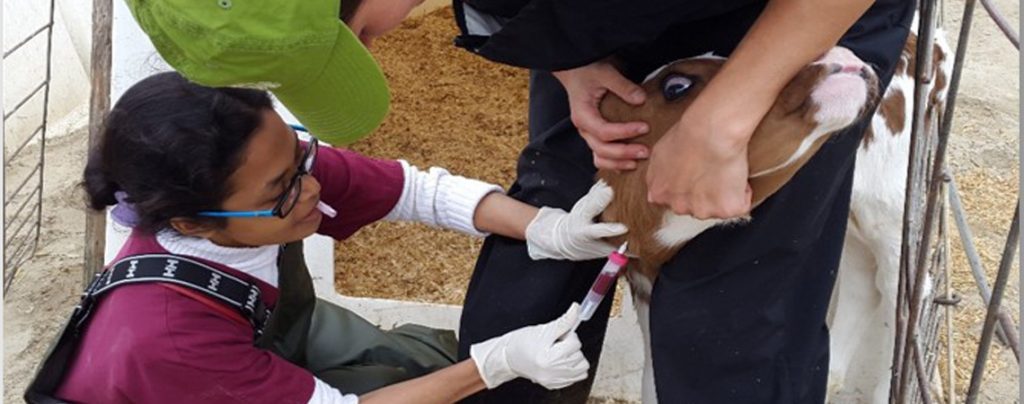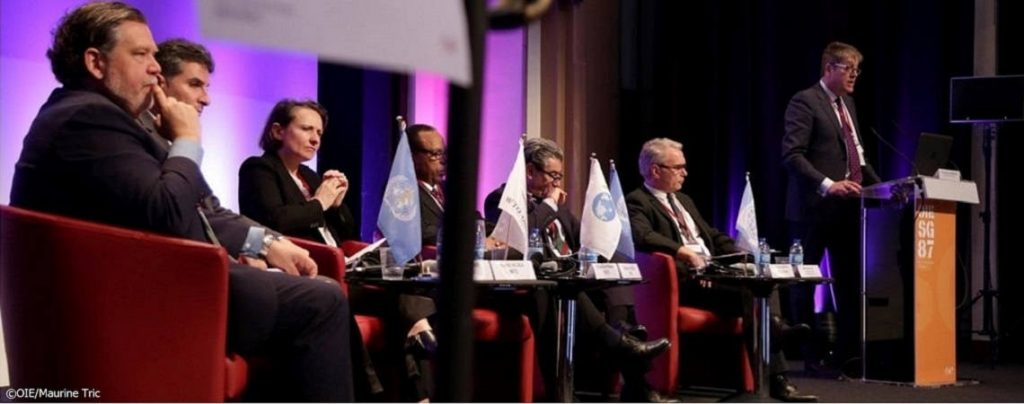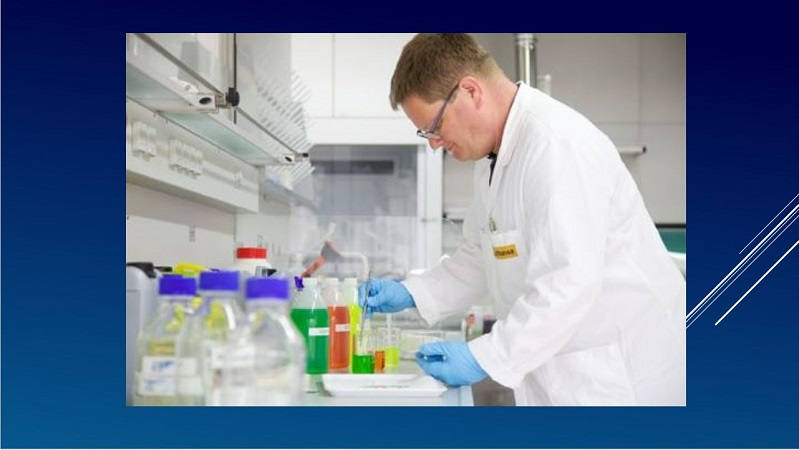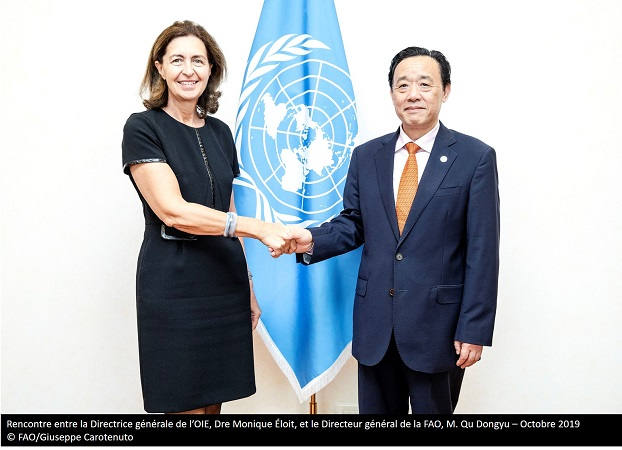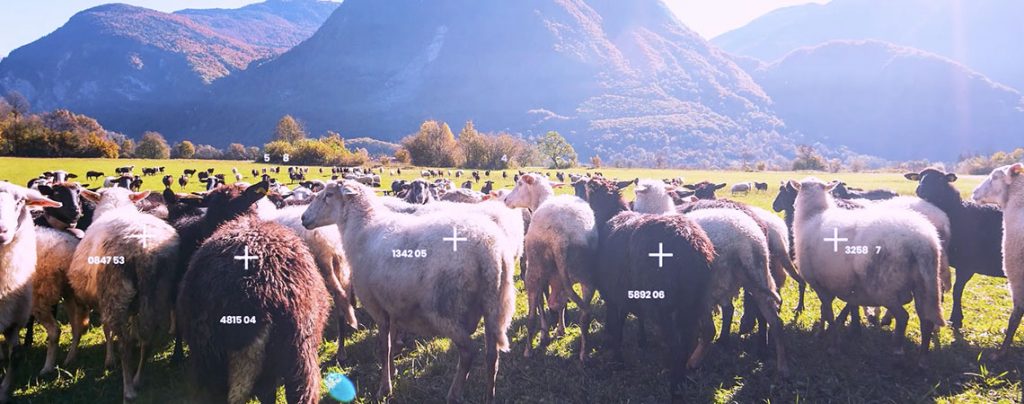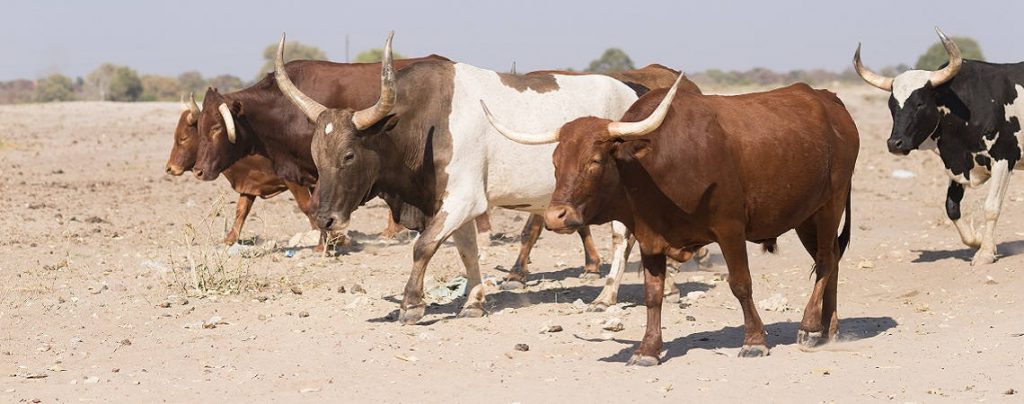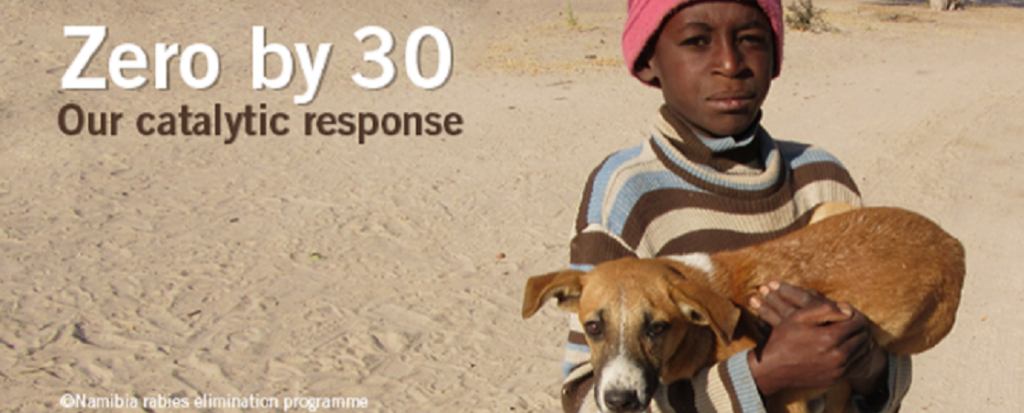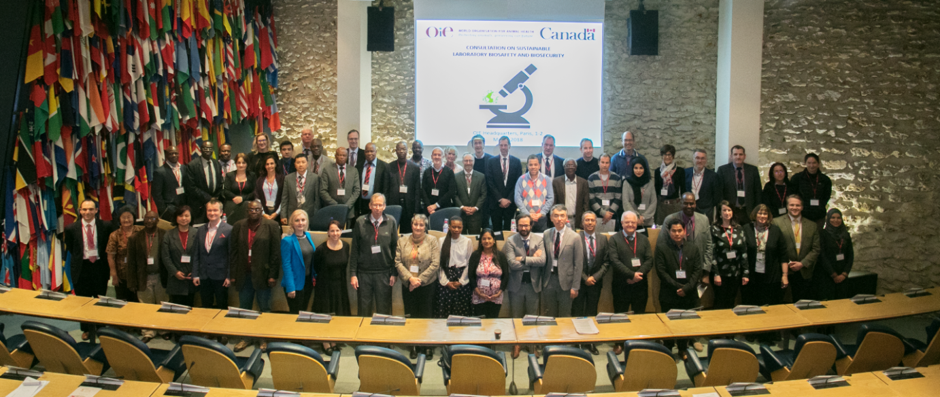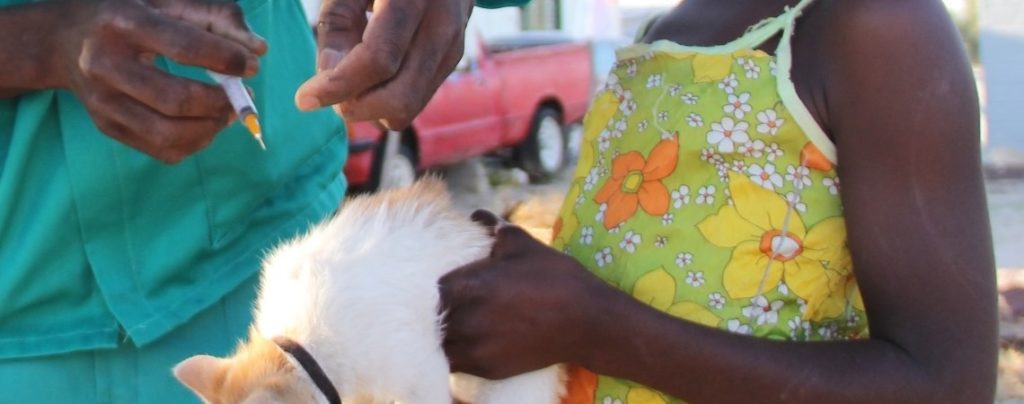INFORMATION EN CONTINU Posté sur 2019-10-24 10:29:29
Applying Big Data solutions to One Health challenges in the Mediterranean region
Mots-clés
The conference focused on:
- Changes in animal production systems and disease evolution, exploring how the One Health approach can assist in assessing and managing risks.
- The impact of climate change and climate variability on disease epidemiology, including vector ecology and food production; and, the exploration of the increasing capacity of countries to apply One Health approaches when assessing risk and designing interventions.
- The use of geospatial Big Data for disease monitoring and how international organisations are currently framing and responding to the challenge of transforming the exponential growth of data into intelligence-driven information for action, and how stakeholders can provide leadership and an enabling environment for a future-focused community-of-practice in One Health data analysis.
Dr Monique Éloit, OIE Director General, opened the conference highlighting how global experiences in the application of Big Data within the One Health approach presented an opportunity to discuss the importance of data governance, management and stewardship in the context of the upcoming OIE 7th Strategic Plan. This plan will guide the activities of the organisation from 2021 to 2025 so that it will continue to respond effectively to major societal challenges.
Several exchanges on how systems and information can be applied to better understand and respond to the One Health challenges that threaten global health security, with a focus on the Mediterranean region, took place during the conference. As part of the OIE digital solutions that will help combat these challenges, the new OIE World Animal Health Information System, known as OIE–WAHIS, was presented using a disease case scenario. This perspective allowed a better understanding of how the new tool will facilitate decision-making processes by warranting easy access to the information provided as well as powerful analytical tools. The new OIE–WAHIS, which is planned to go live in 2020, will ease reporting and improve the use and interpretation of the collected official information. In the long term in addition to being a tool for animal health data reports, OIE–WAHIS could also provide countries with the option of using it as a central record of their own activities. The improved data accessibility will allow countries, as well as stakeholders, to use OIE data for their analysis and perusal, maximising the value of the information collected, as well as supporting the long-term view for which it has been designed.
During the three-day event, participants had the opportunity to interact with the speakers in the panel sessions. Additionally, a round table with experts from the OIE, the Food and Agriculture Organization of the United Nations (FAO) and the European Union (EU), among others, was formed to evaluate the future evolution of Big Data in the context of One Health. Some of the main interests of the participants were data privacy and the use of artificial intelligence for the integration of Big Data. This conference also led to discussions on the use of Big Data within the One Health approach and encouraged collaboration between industry, government and intergovernmental organisations to find innovative solutions for improving global health.
More information on the OIE Conference… www.oie.int/onehealthconference2019/
More information on OIE–WAHIS:
- Web page: The OIE-WAHIS project
- Brochure: The new OIE-WAHIS is coming soon
- Video:




